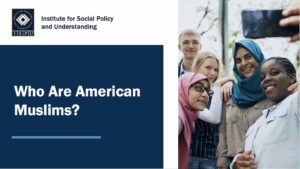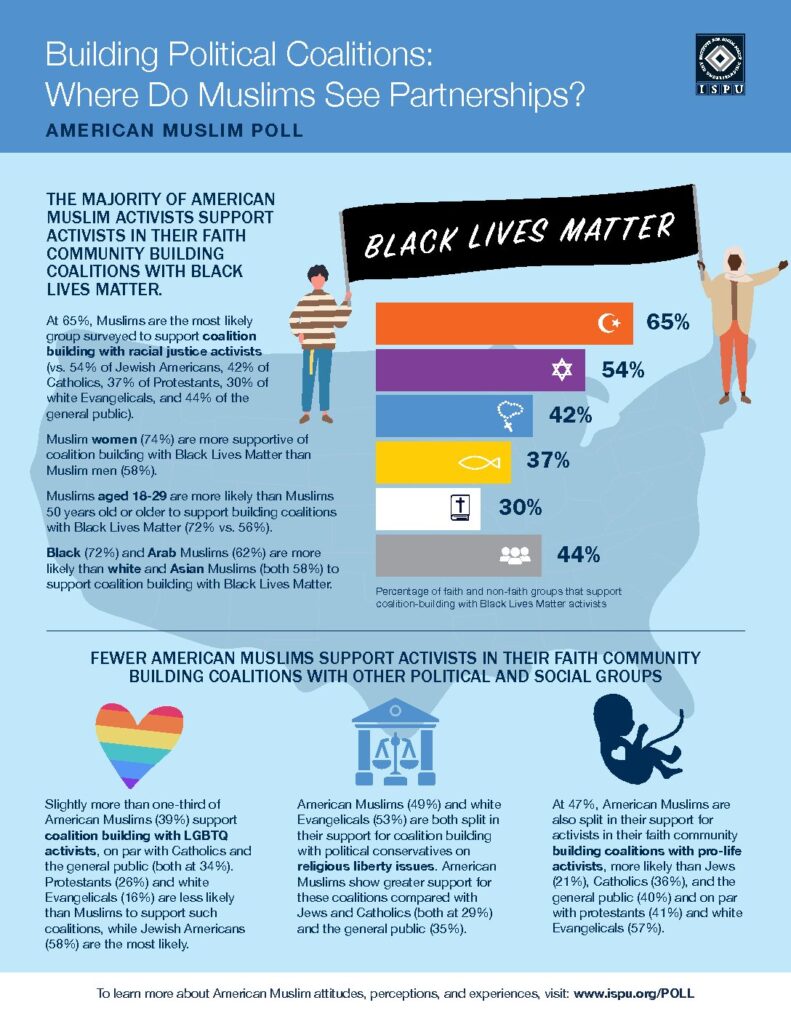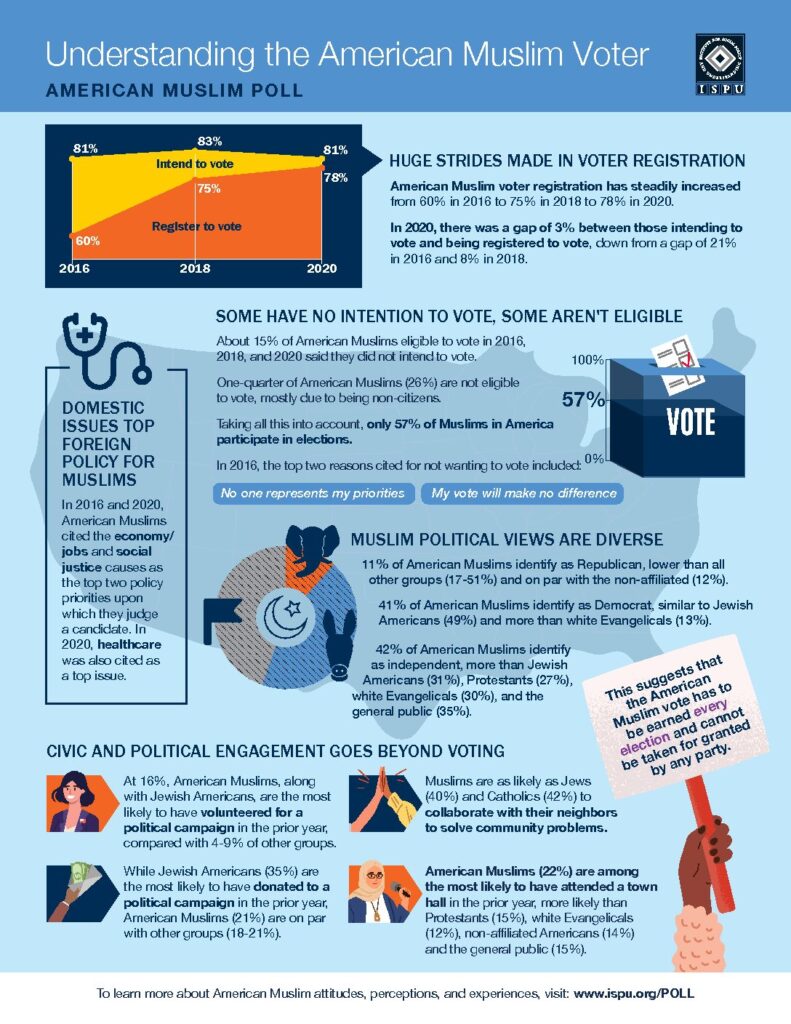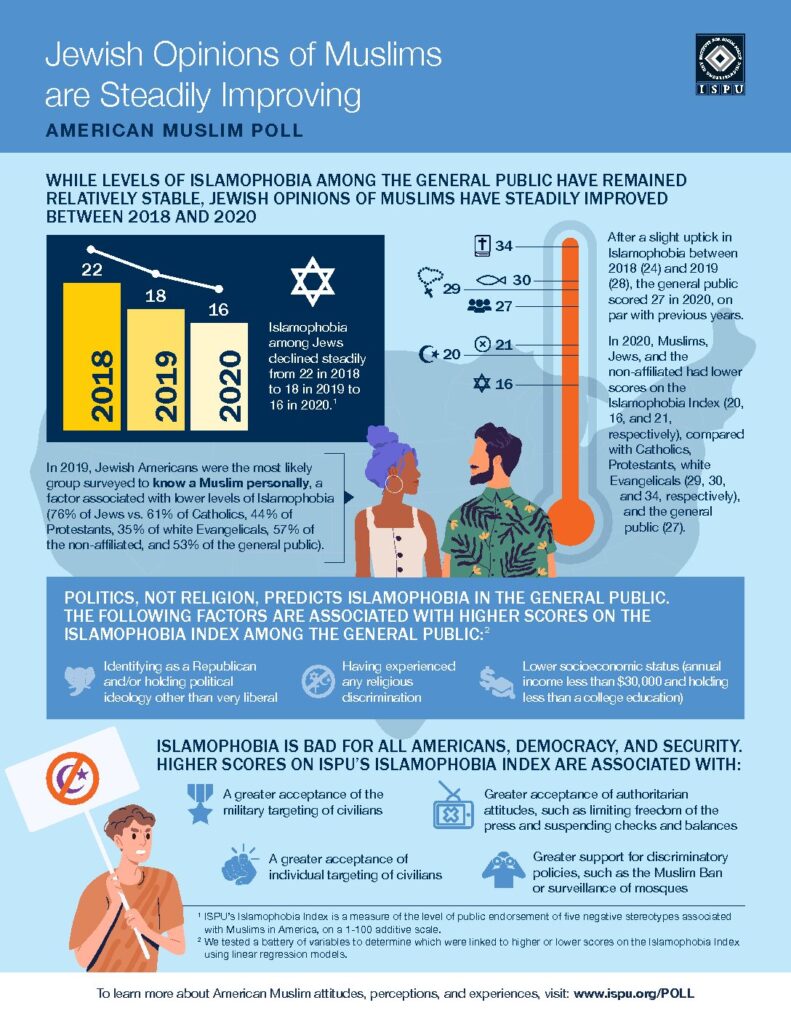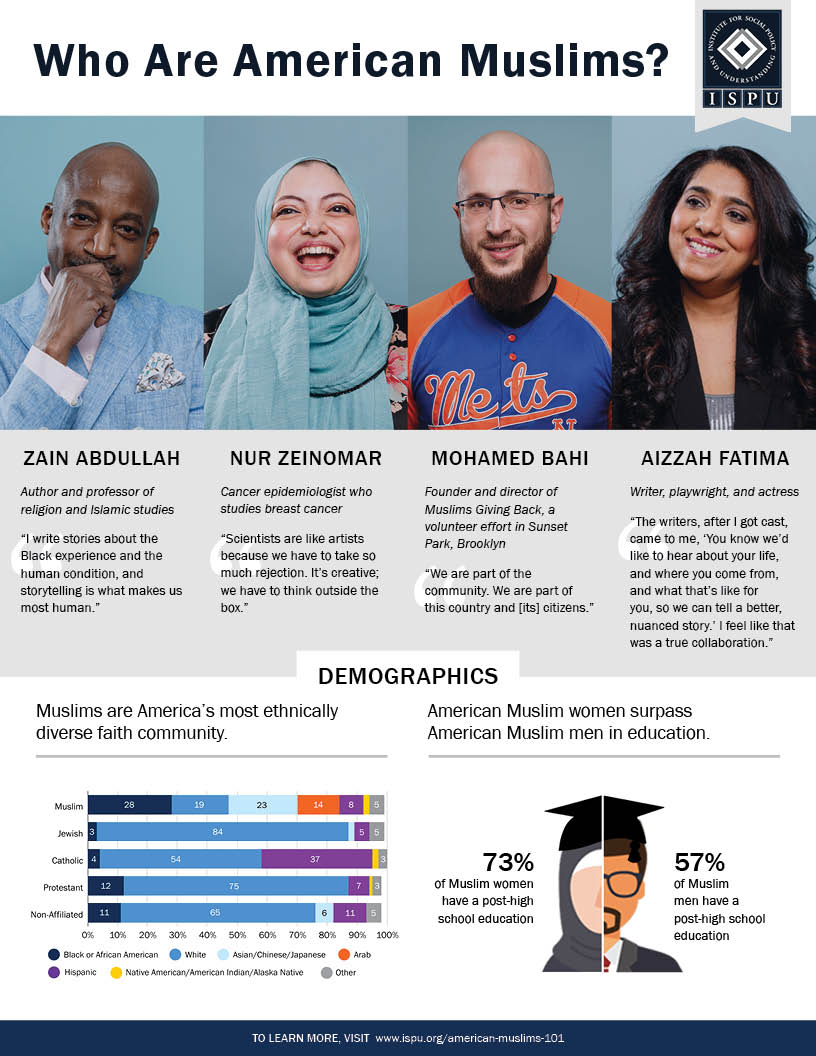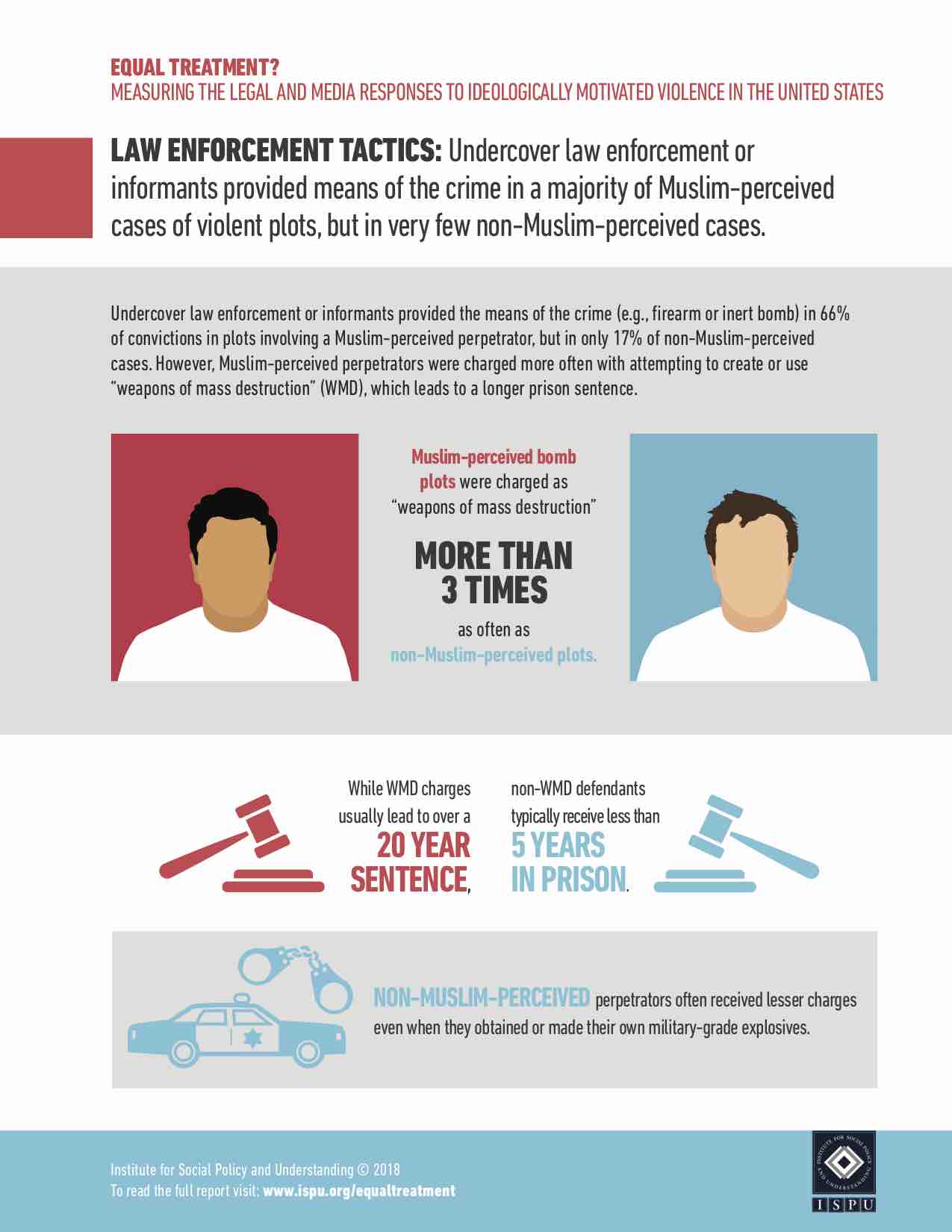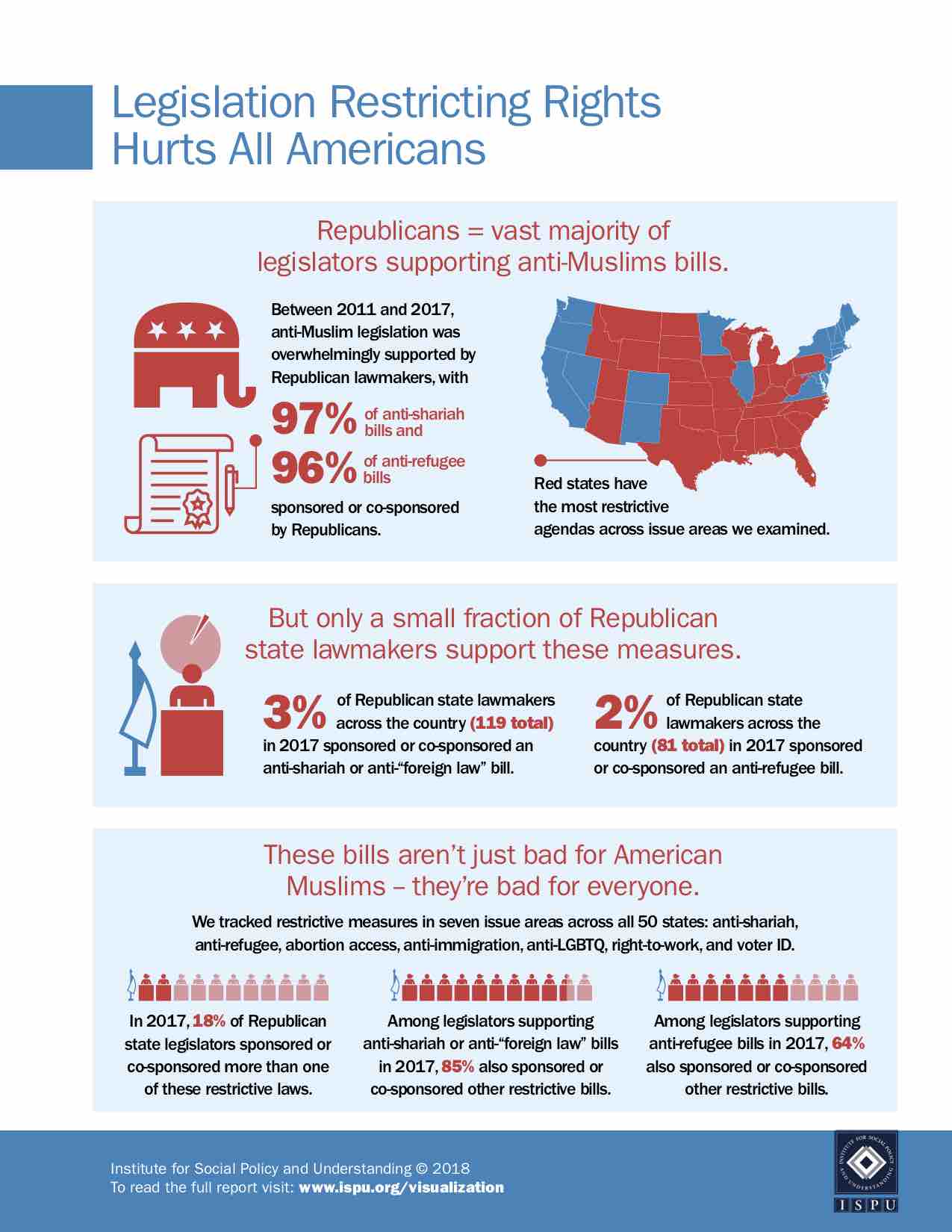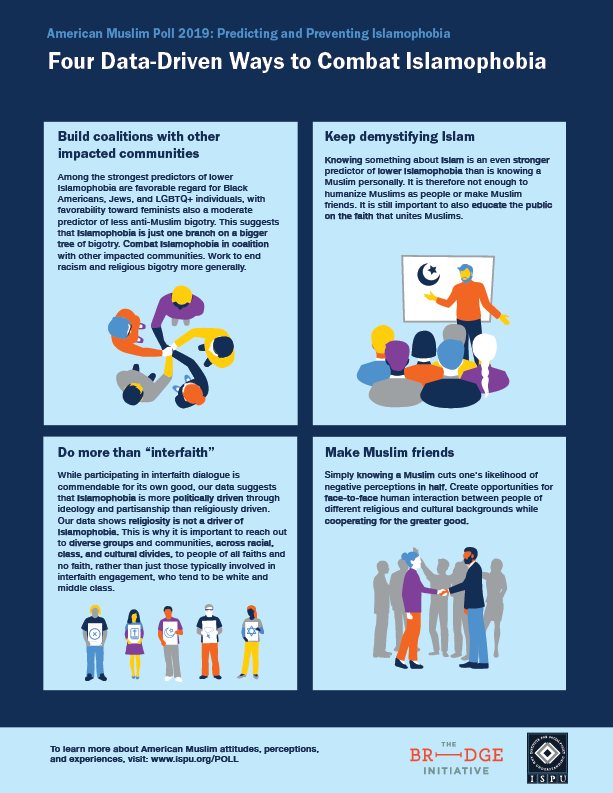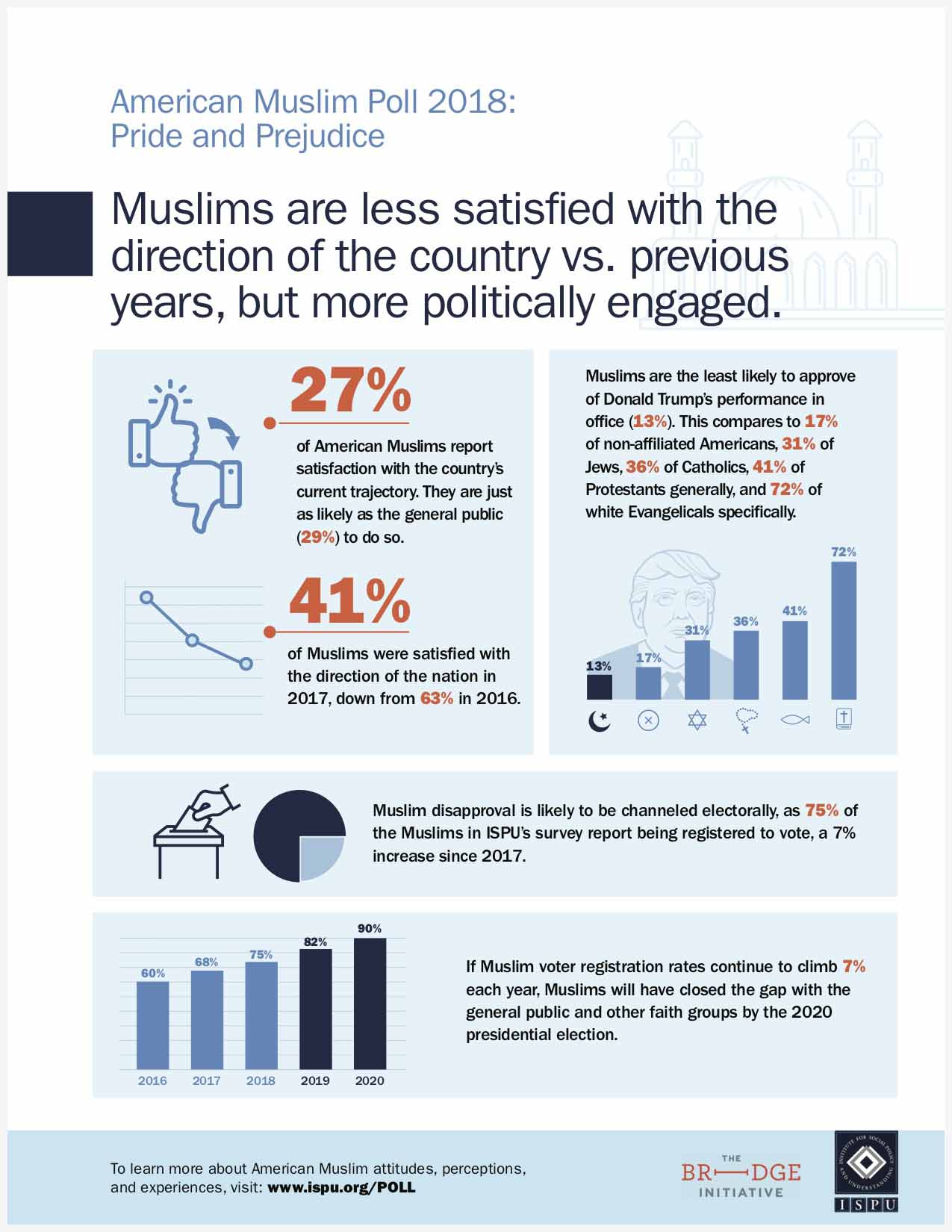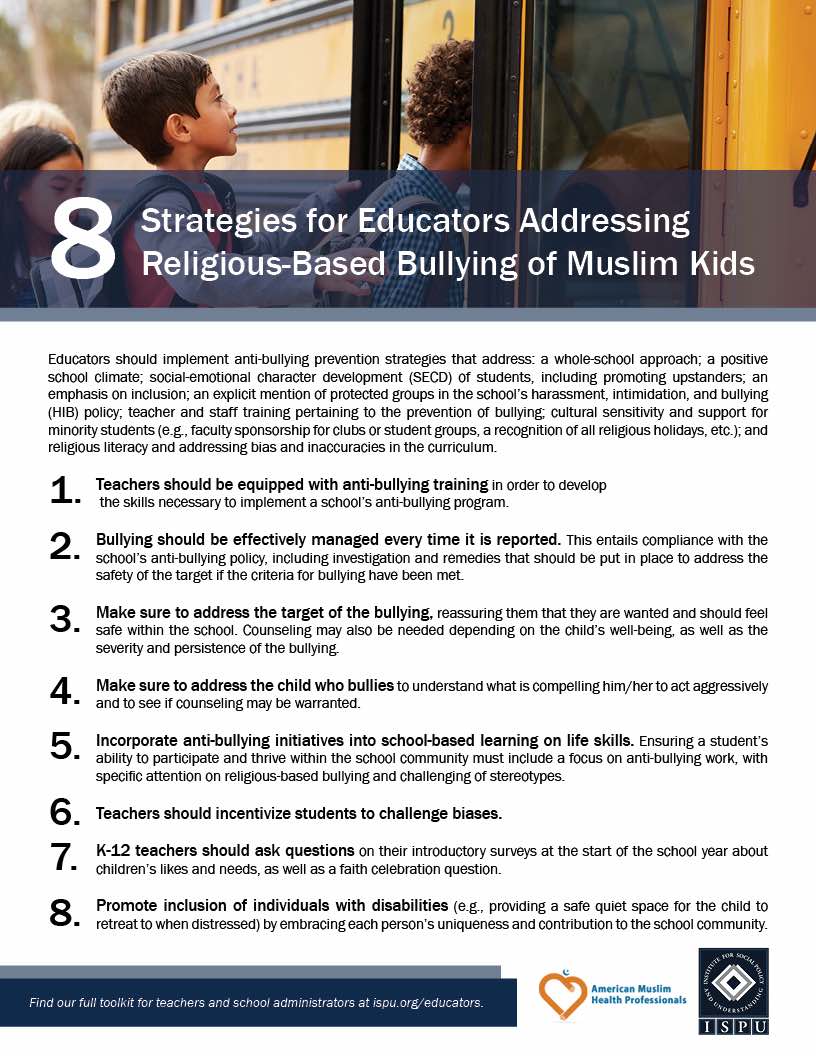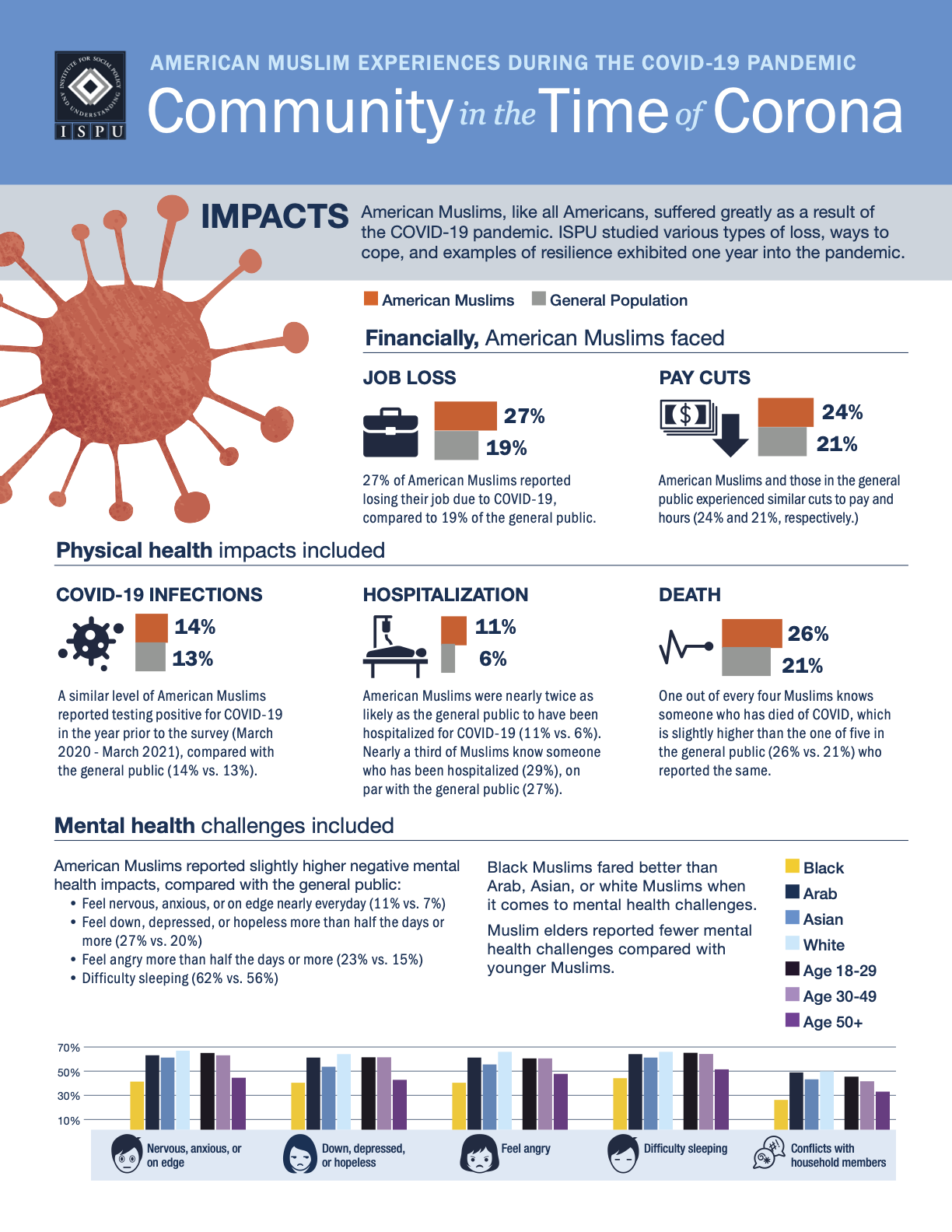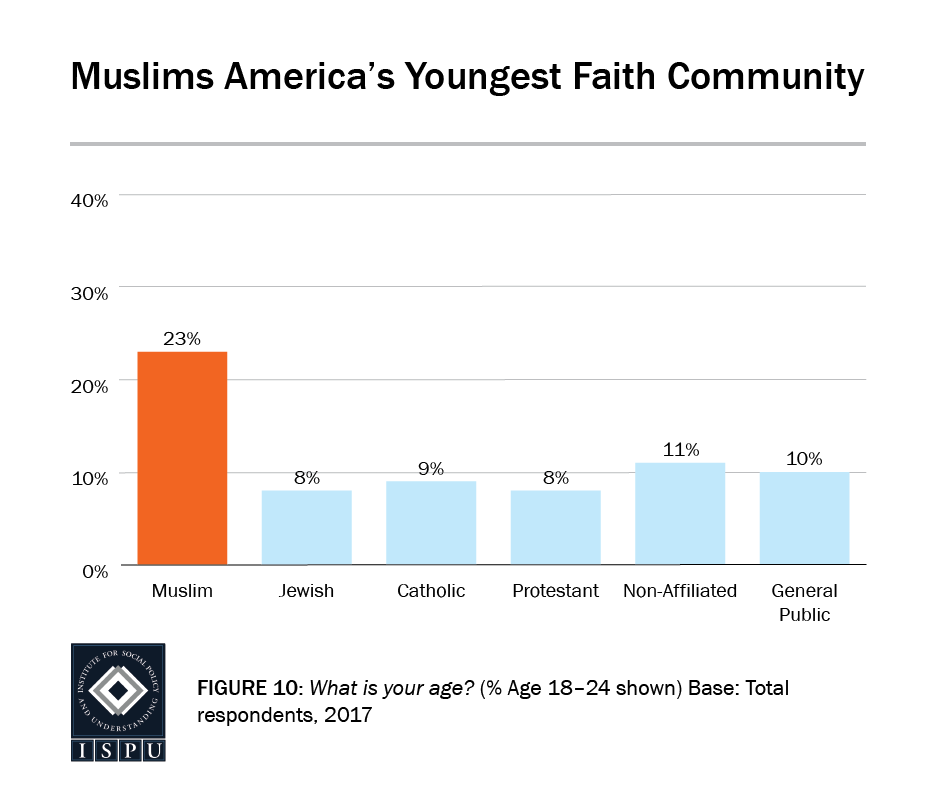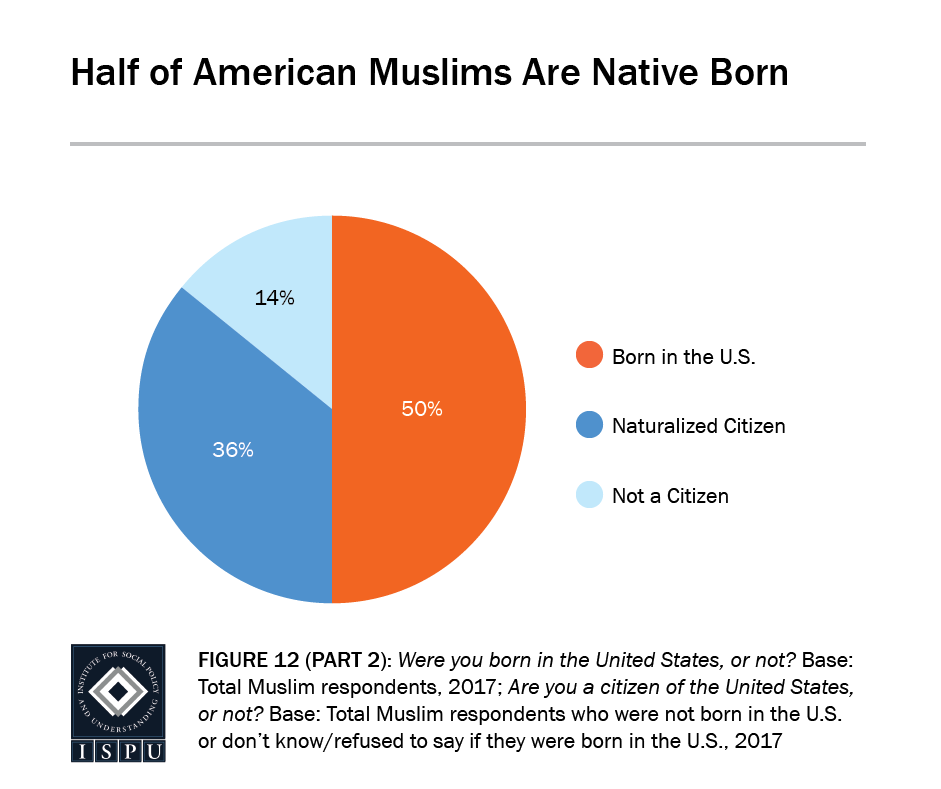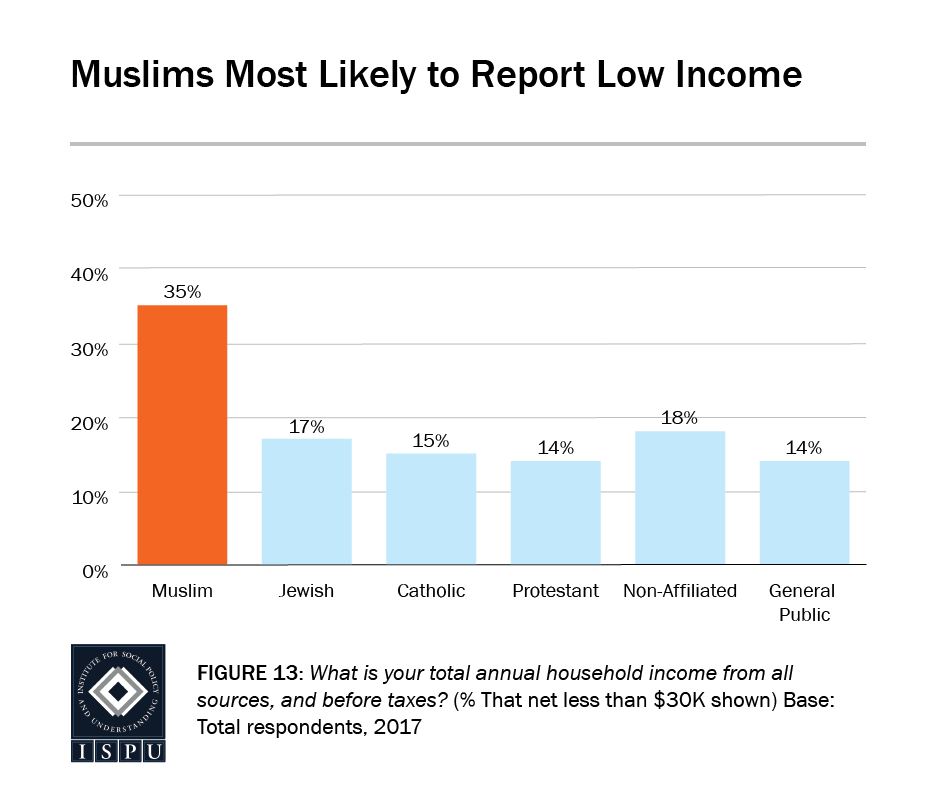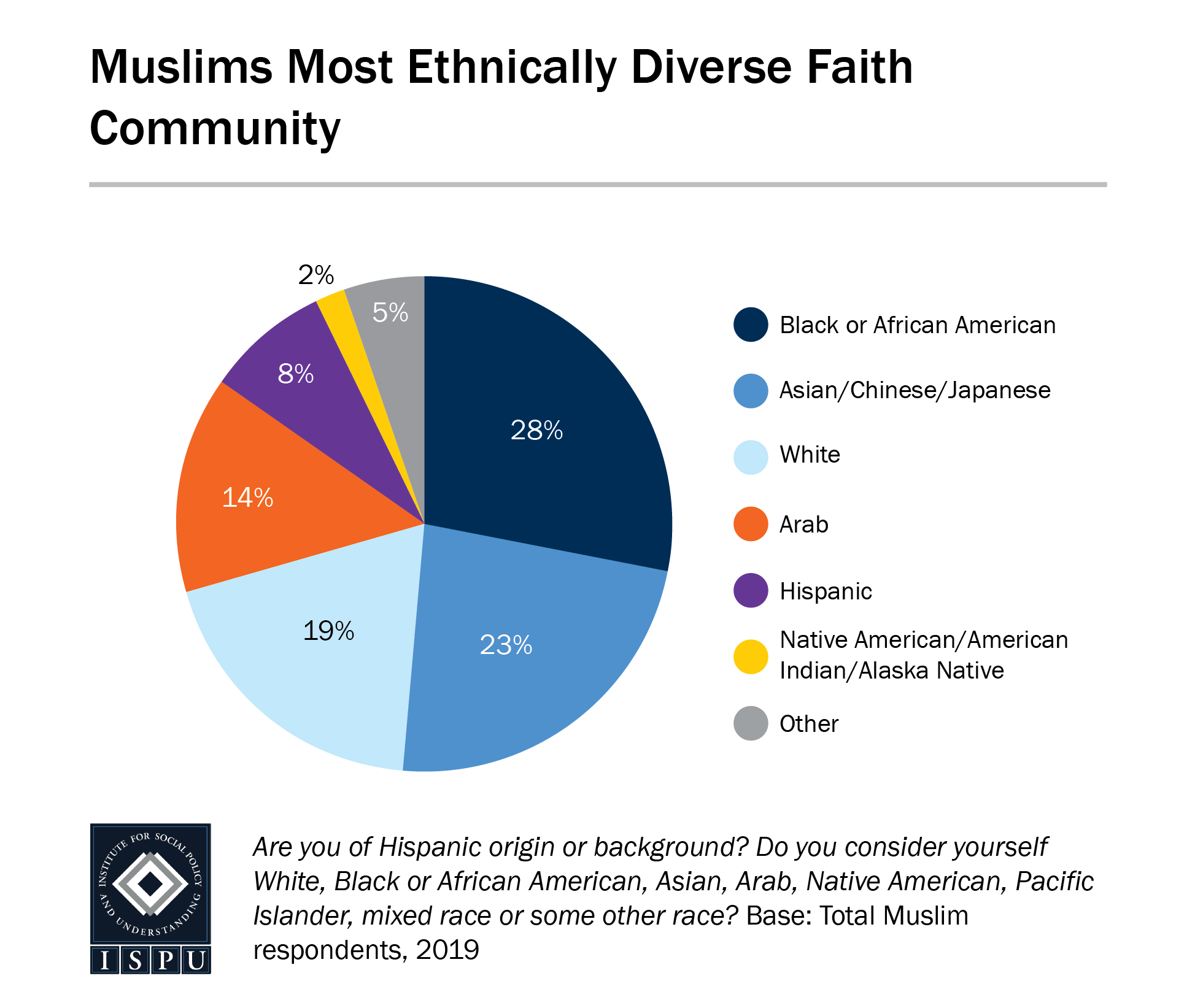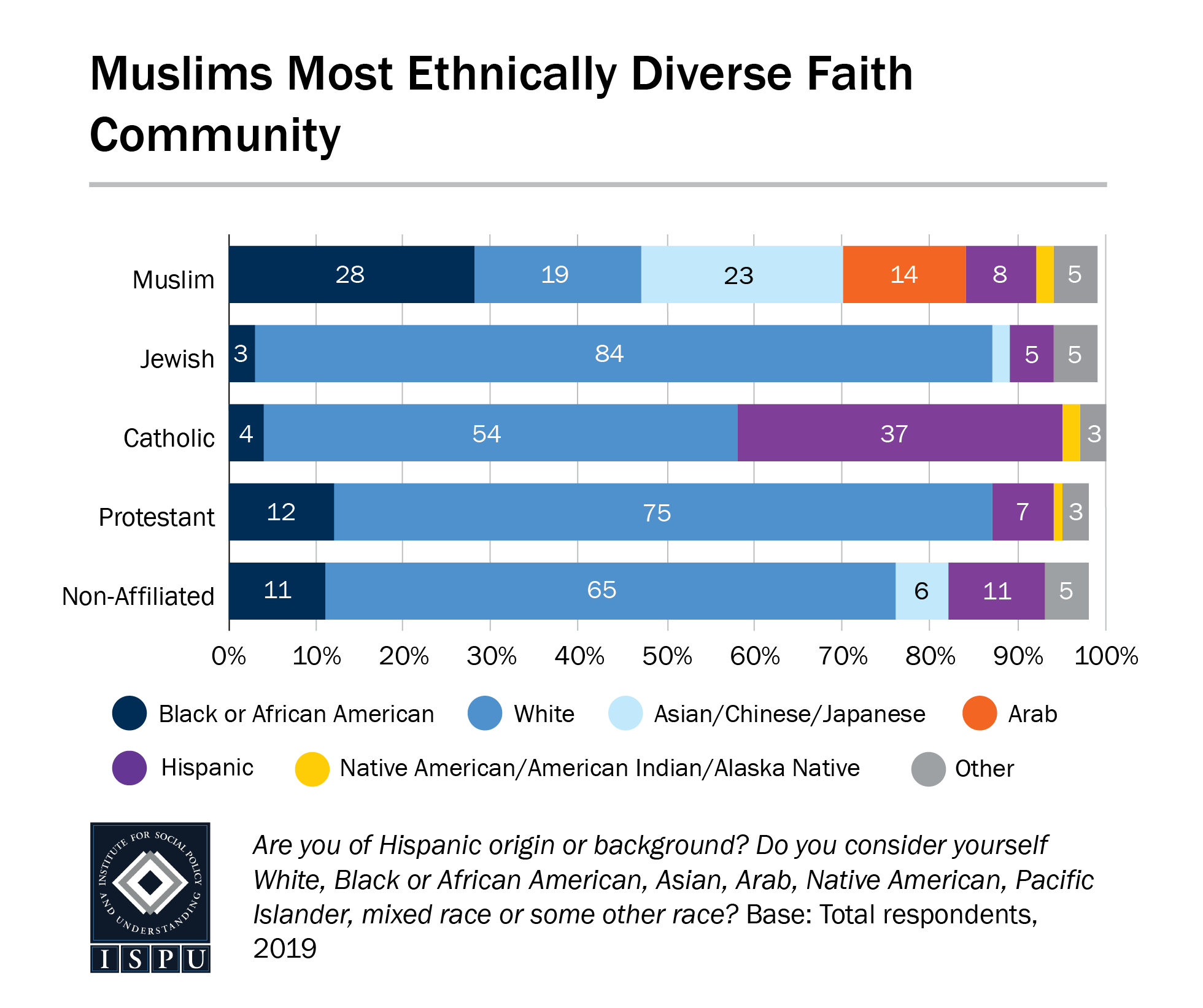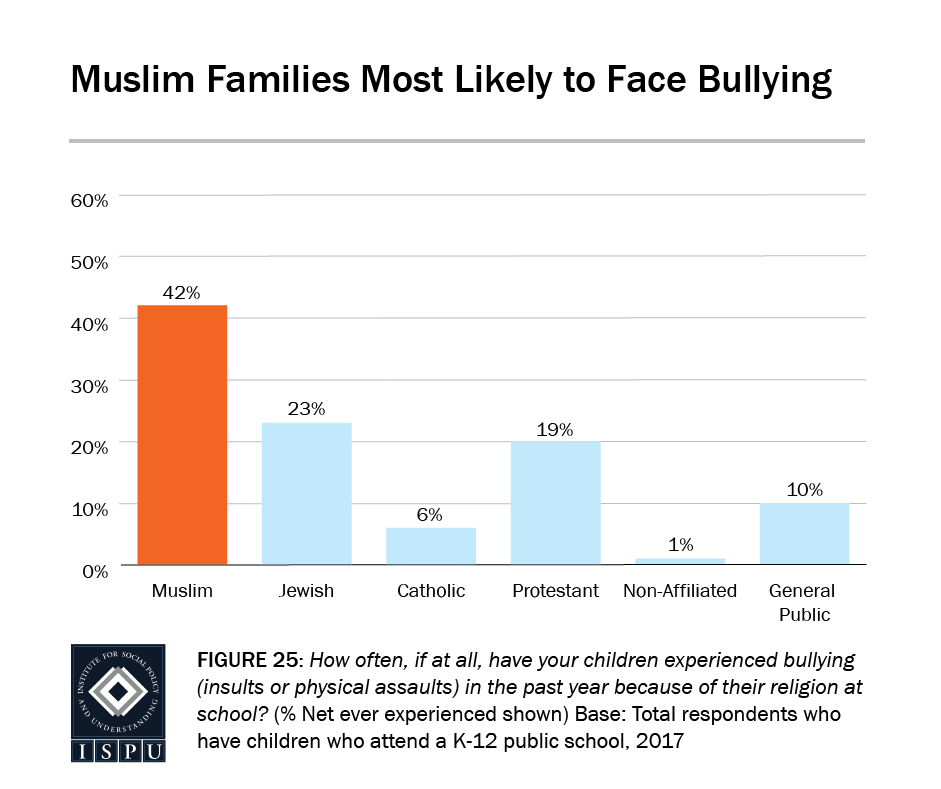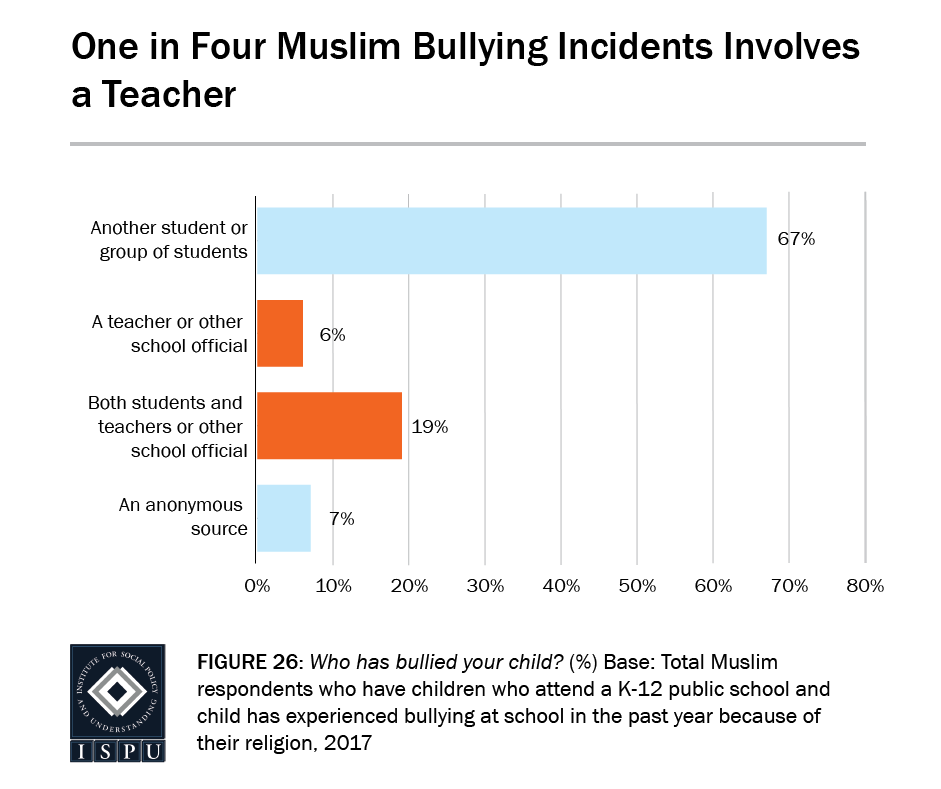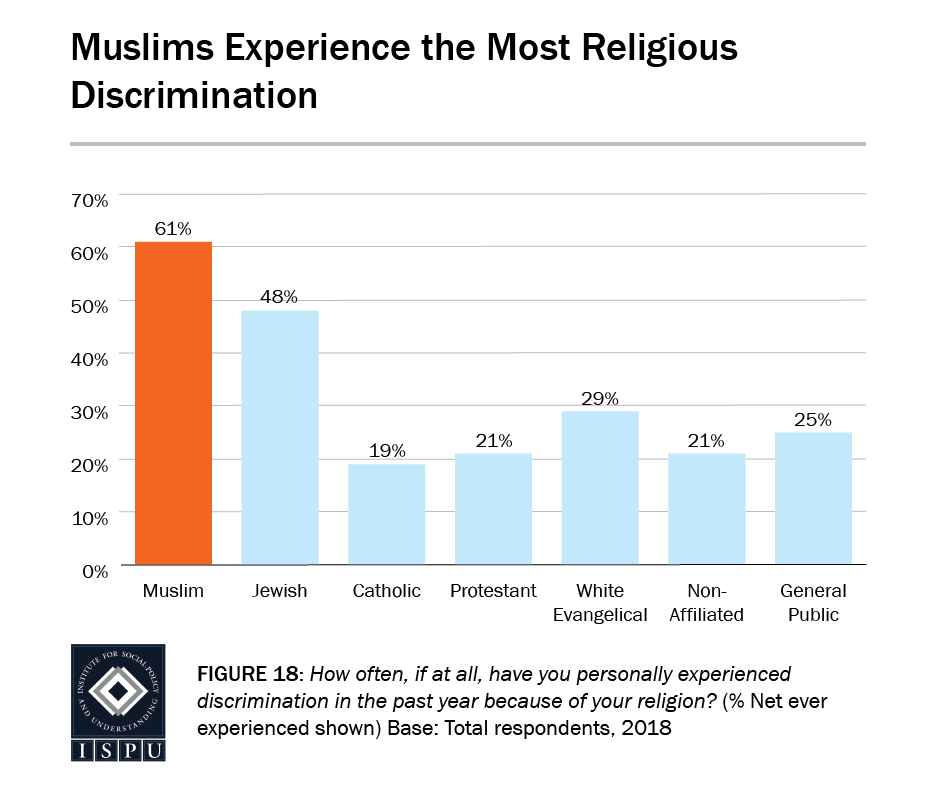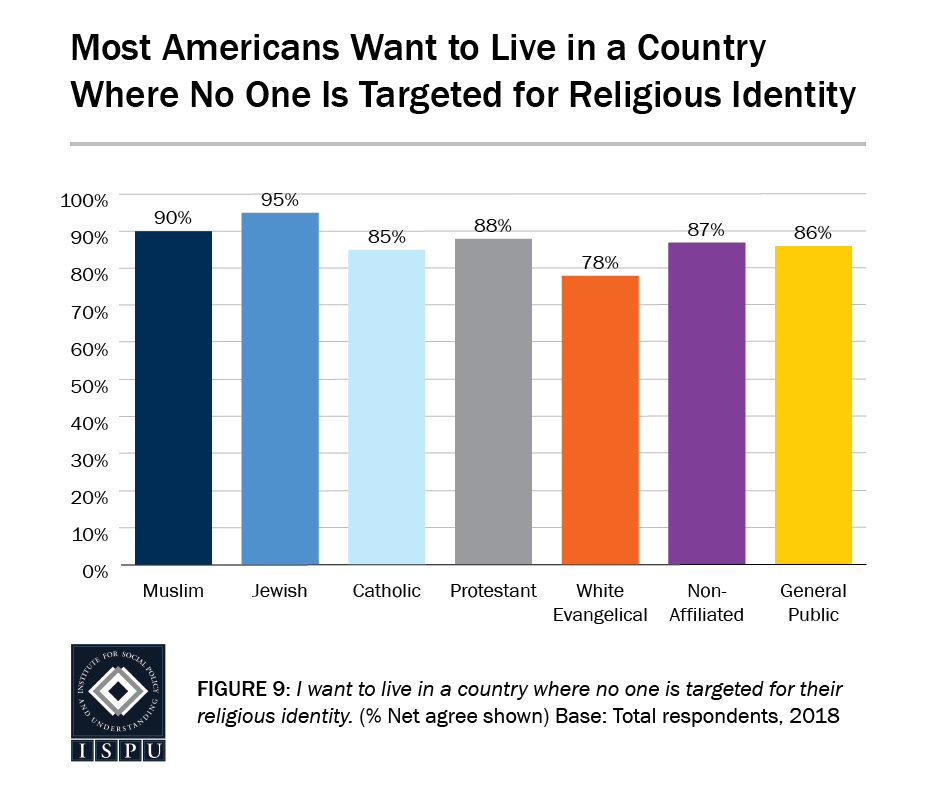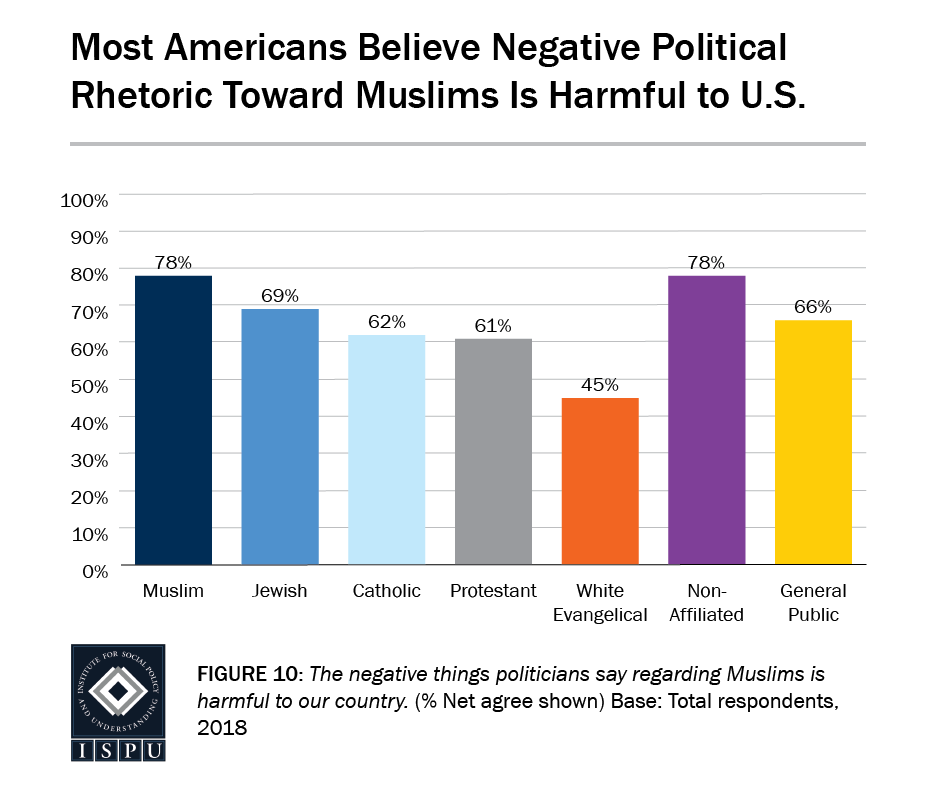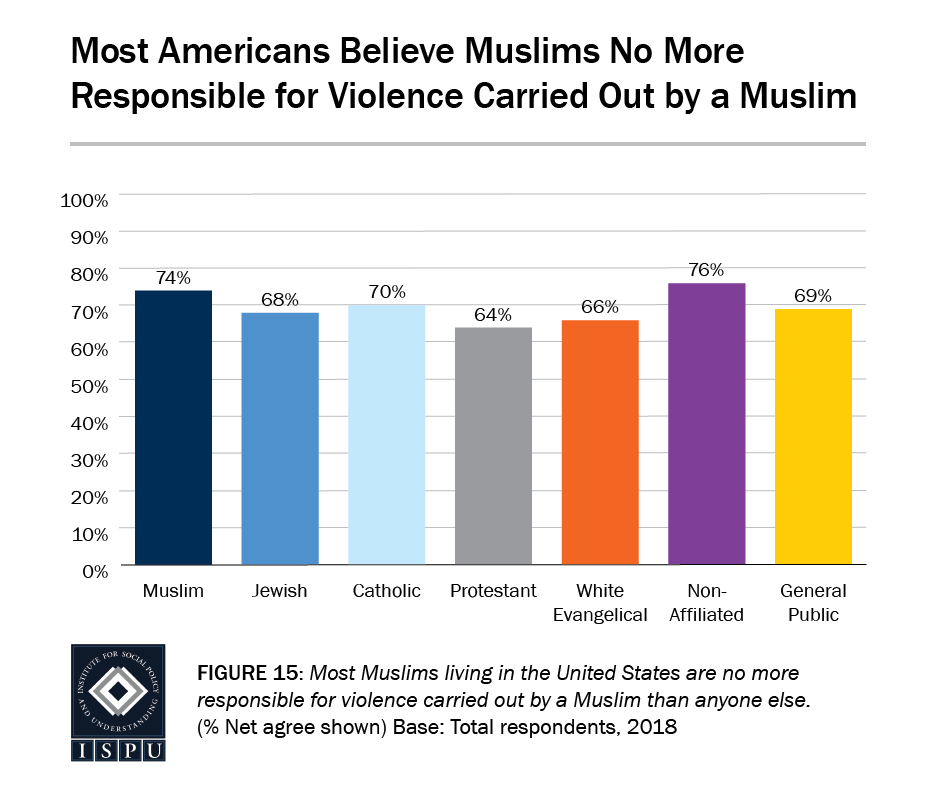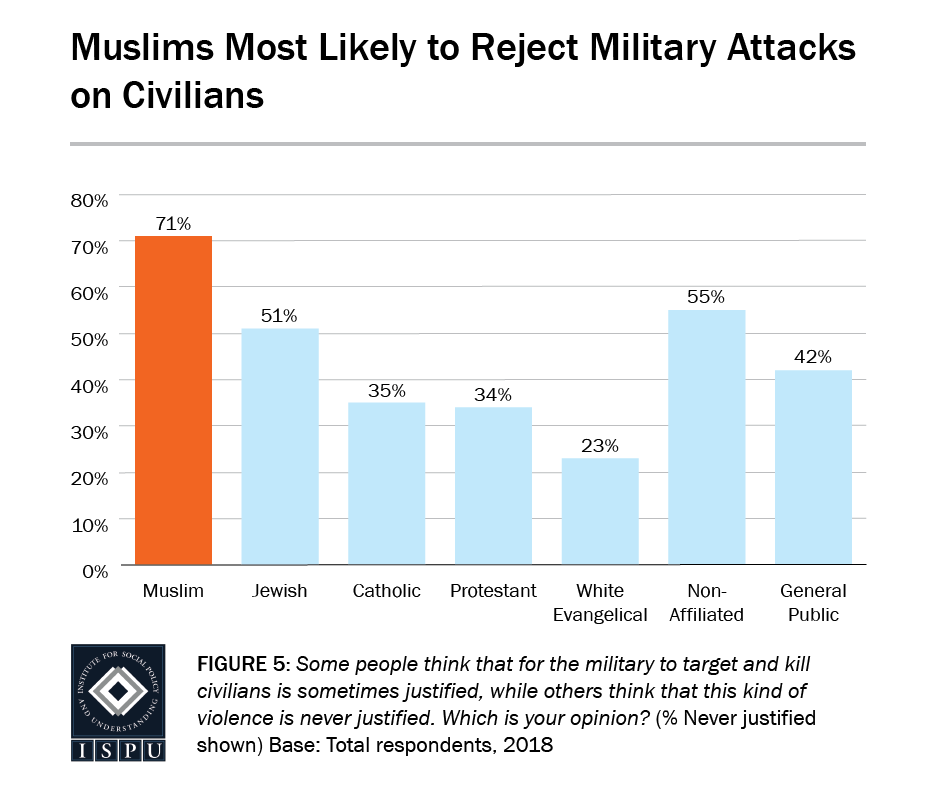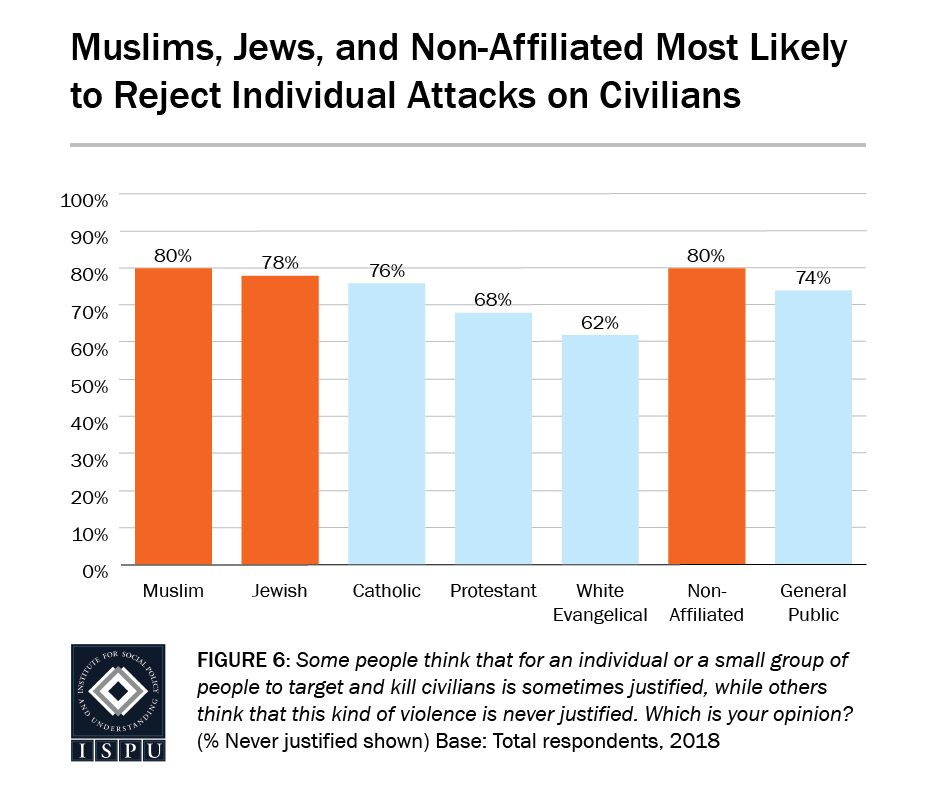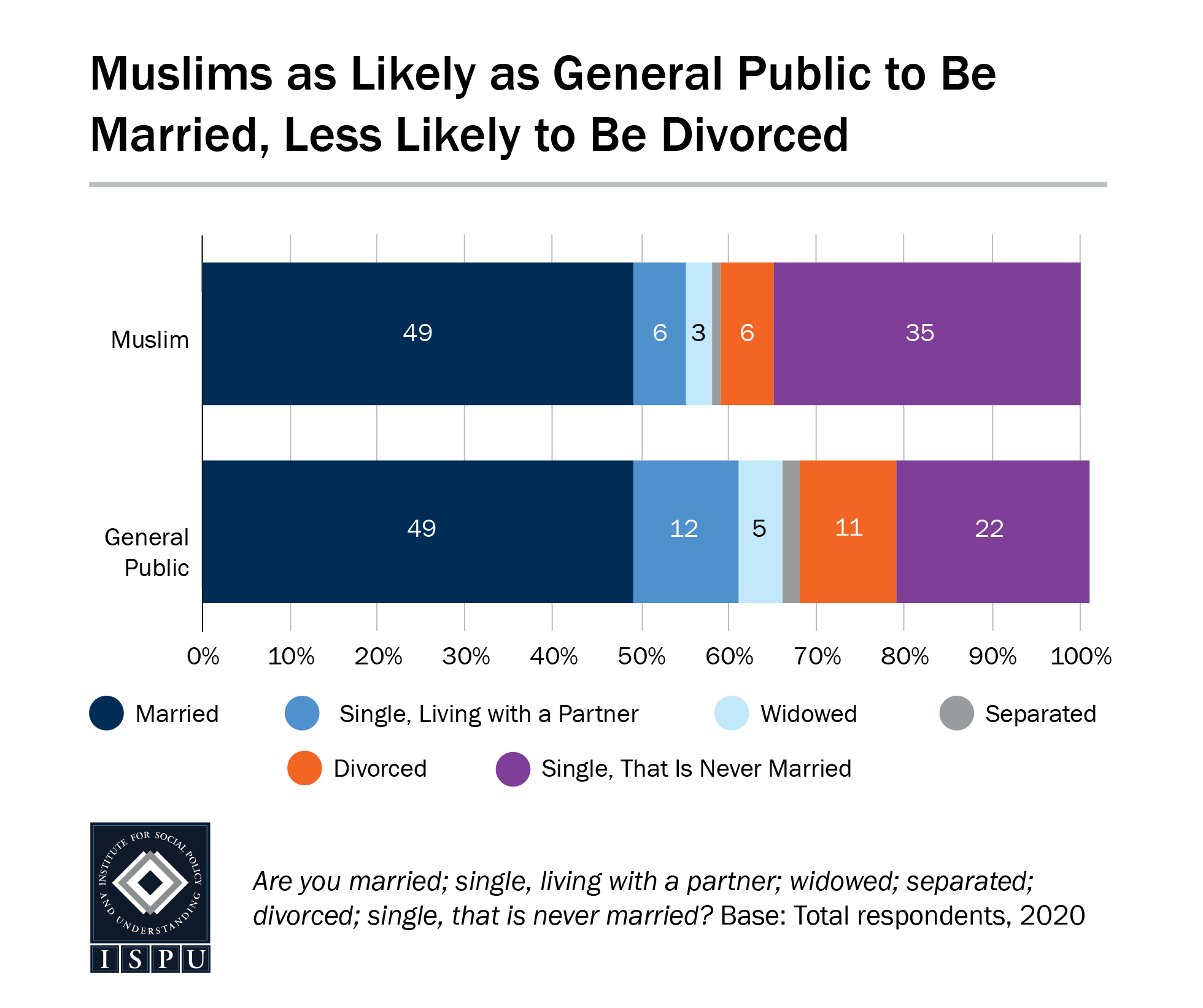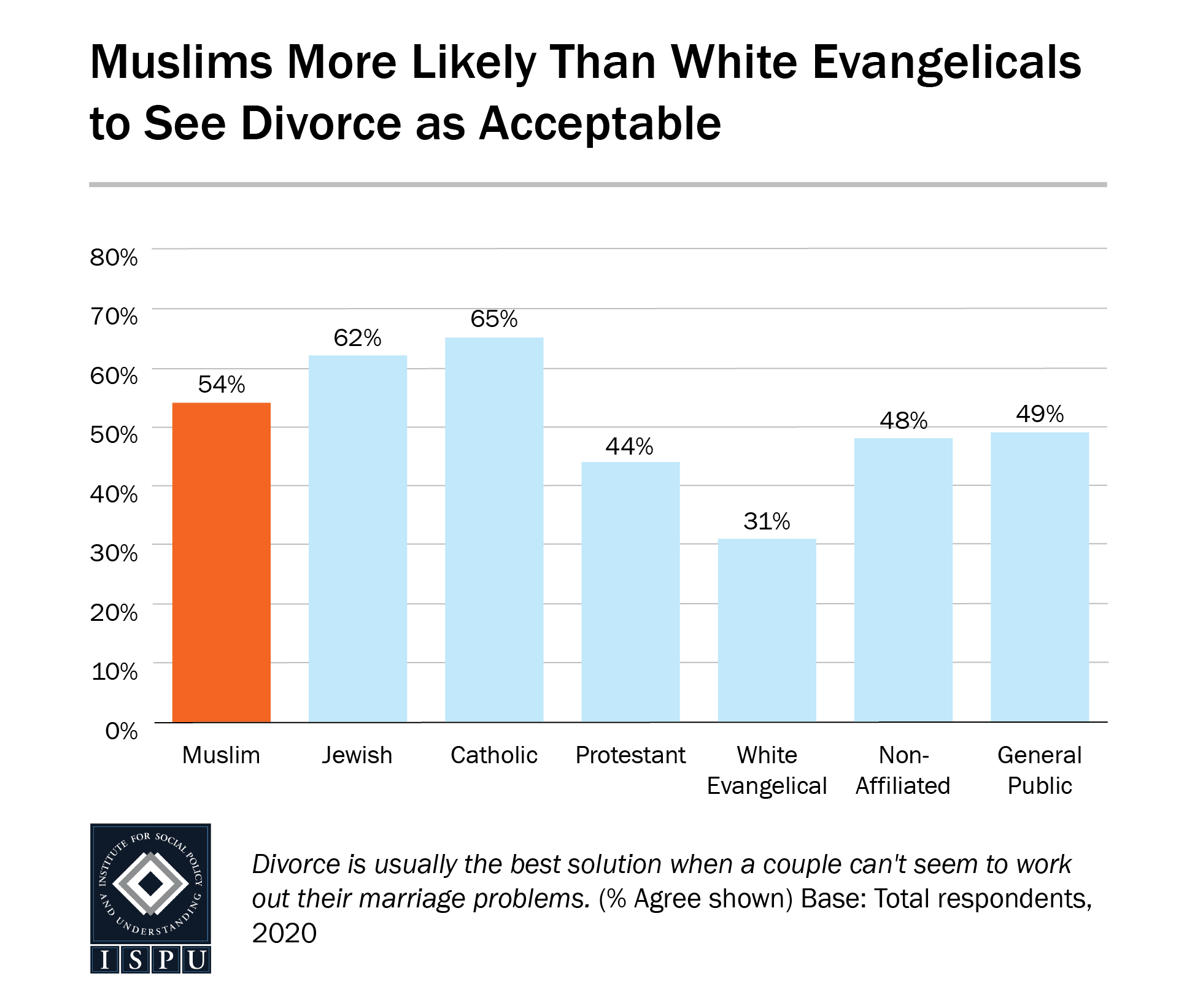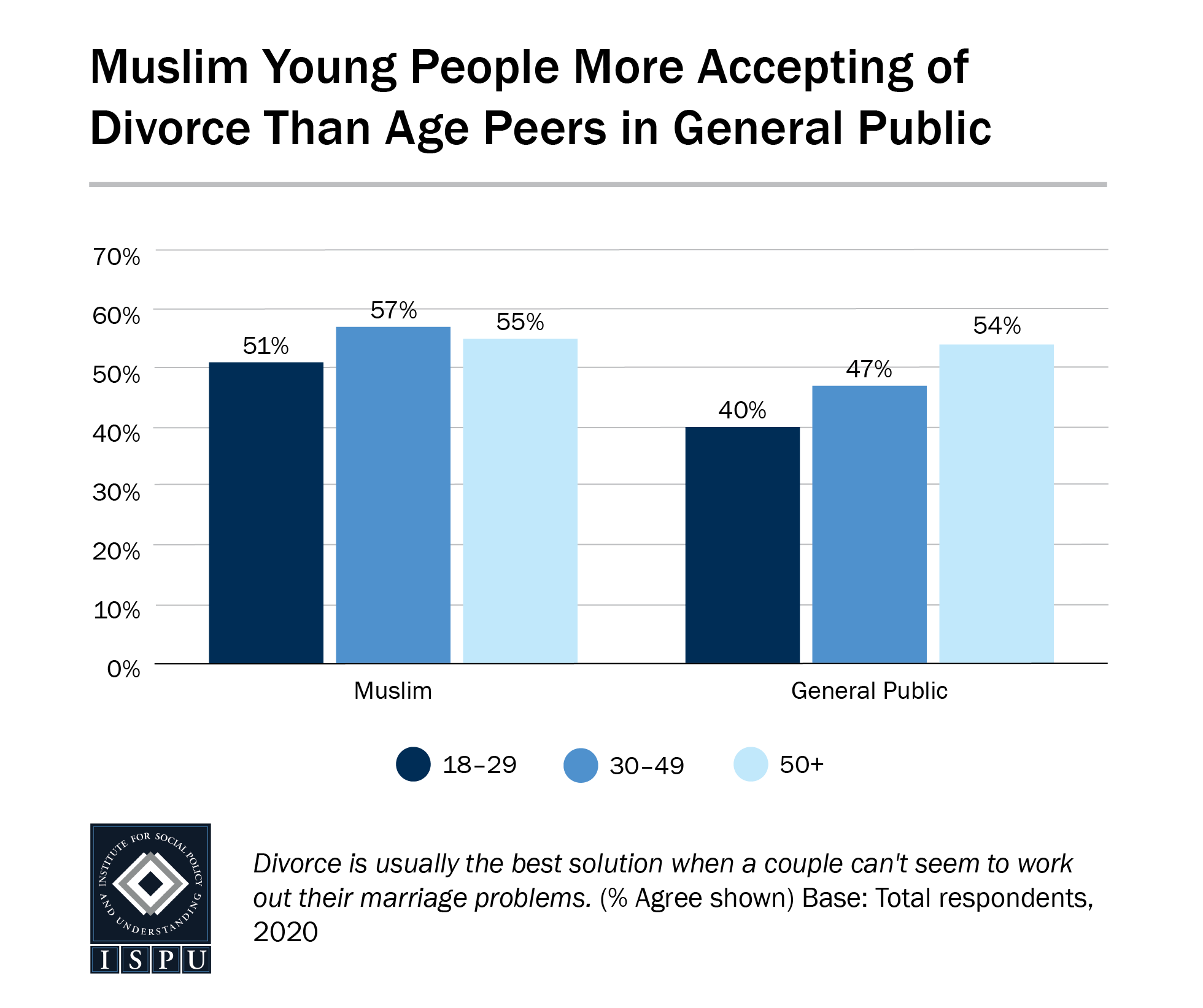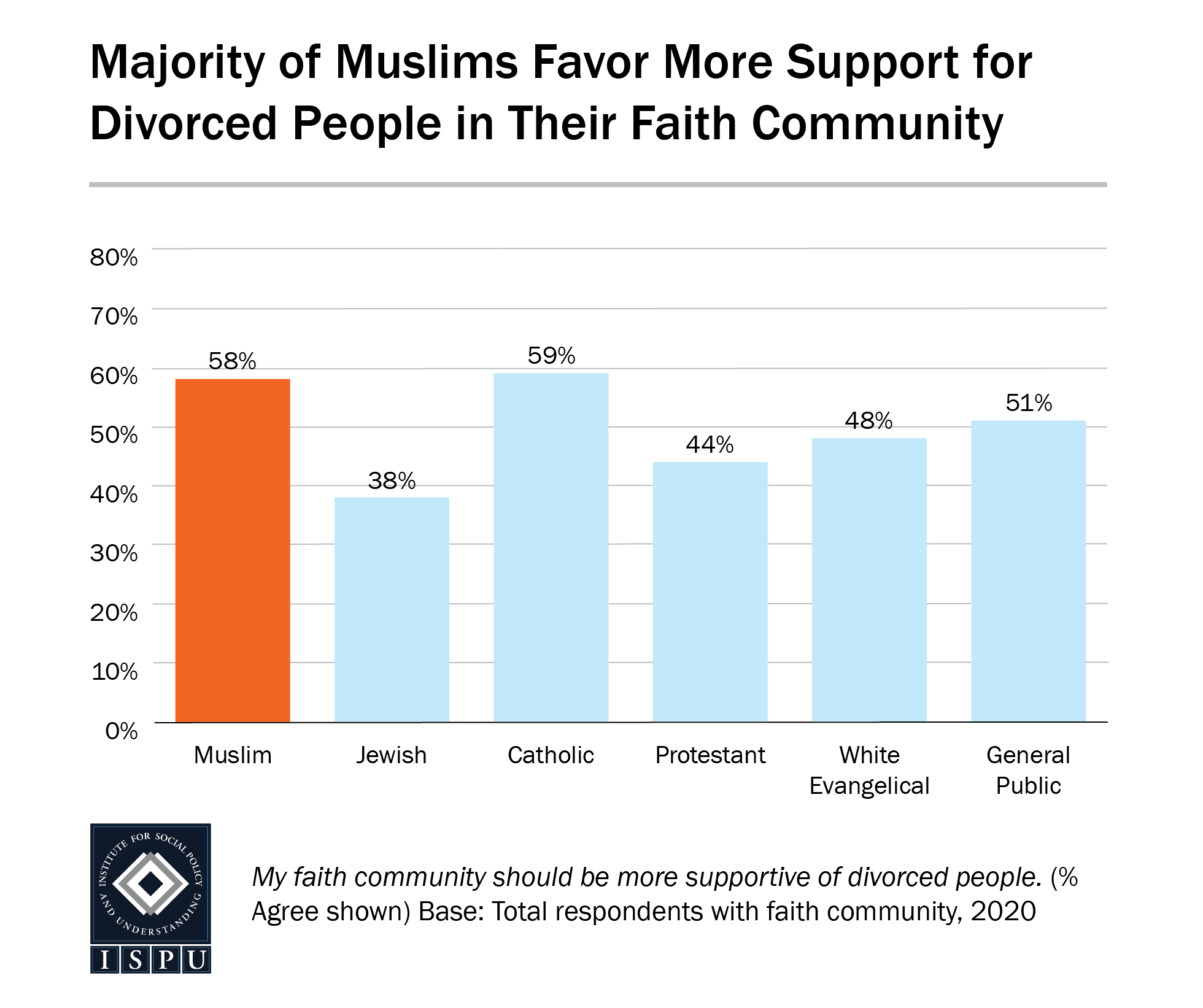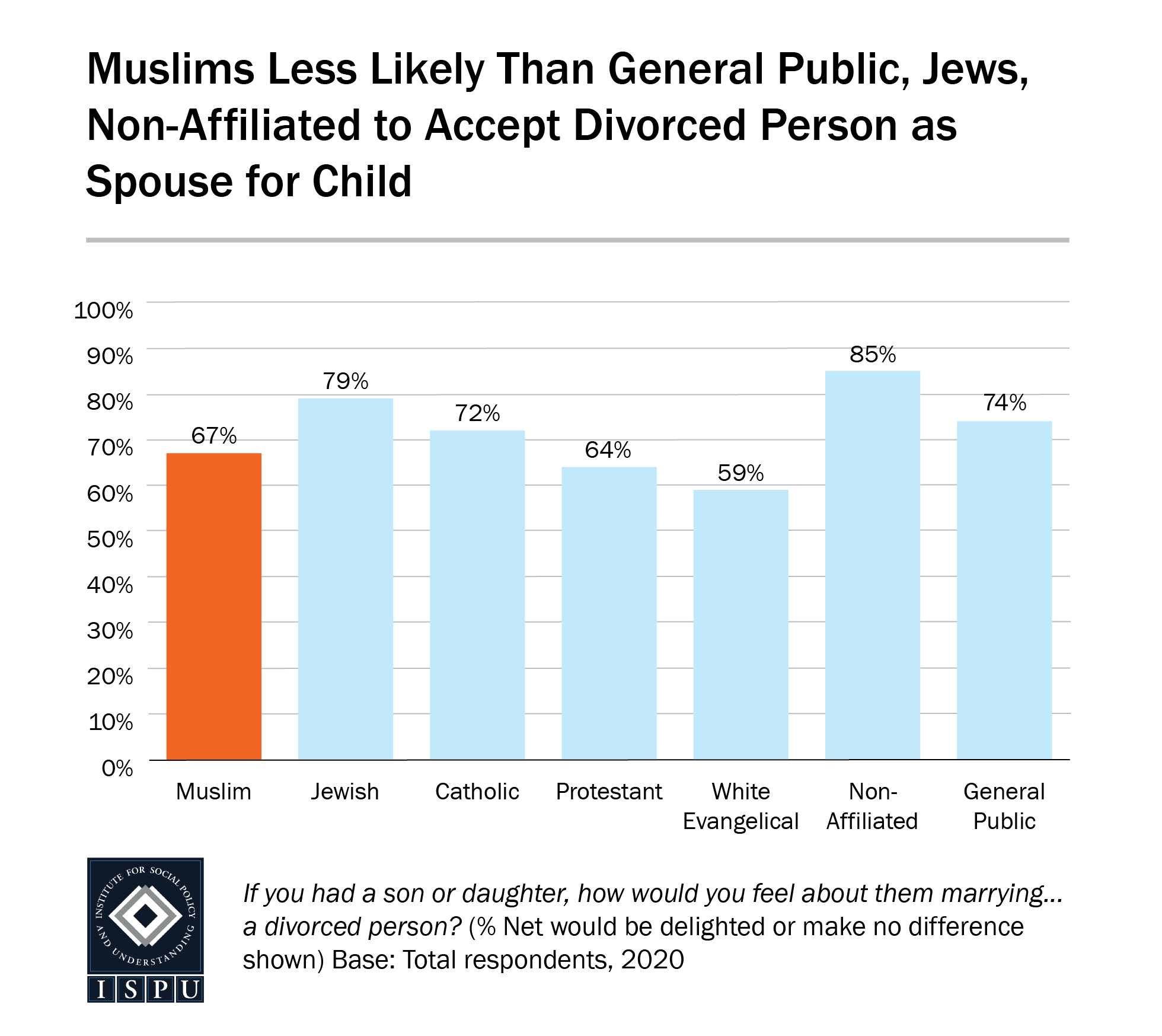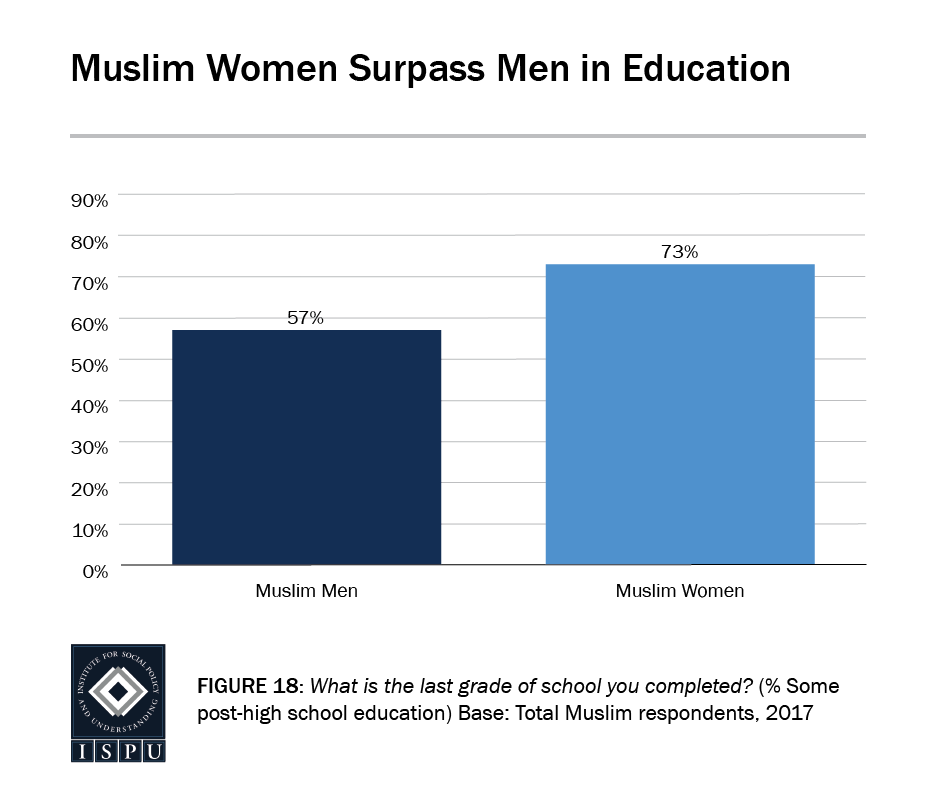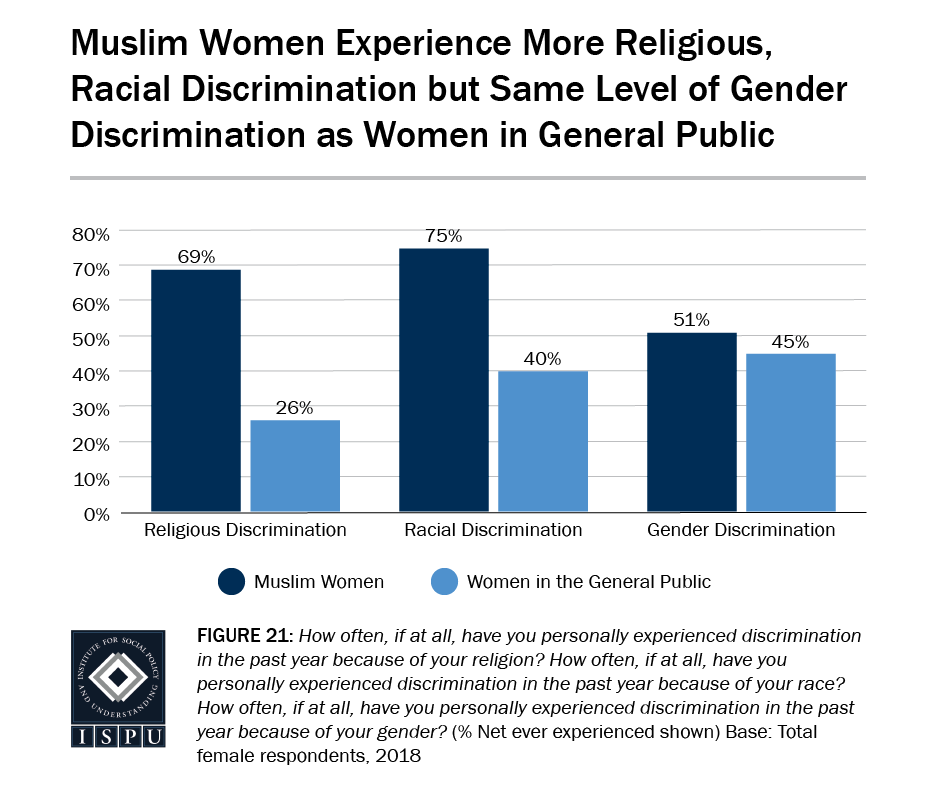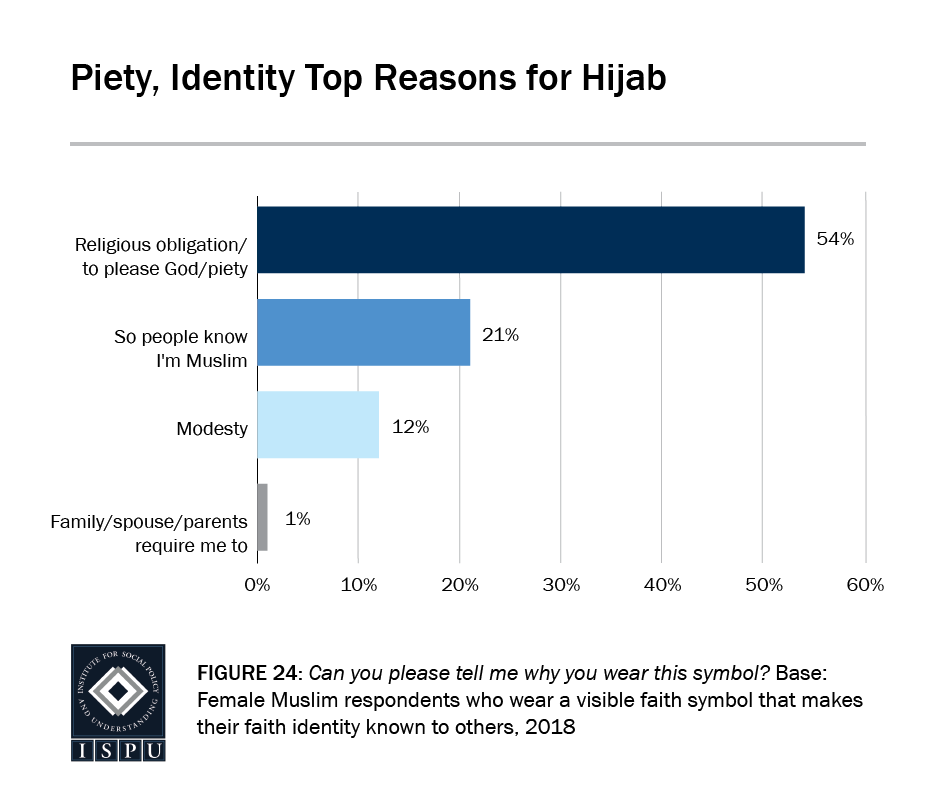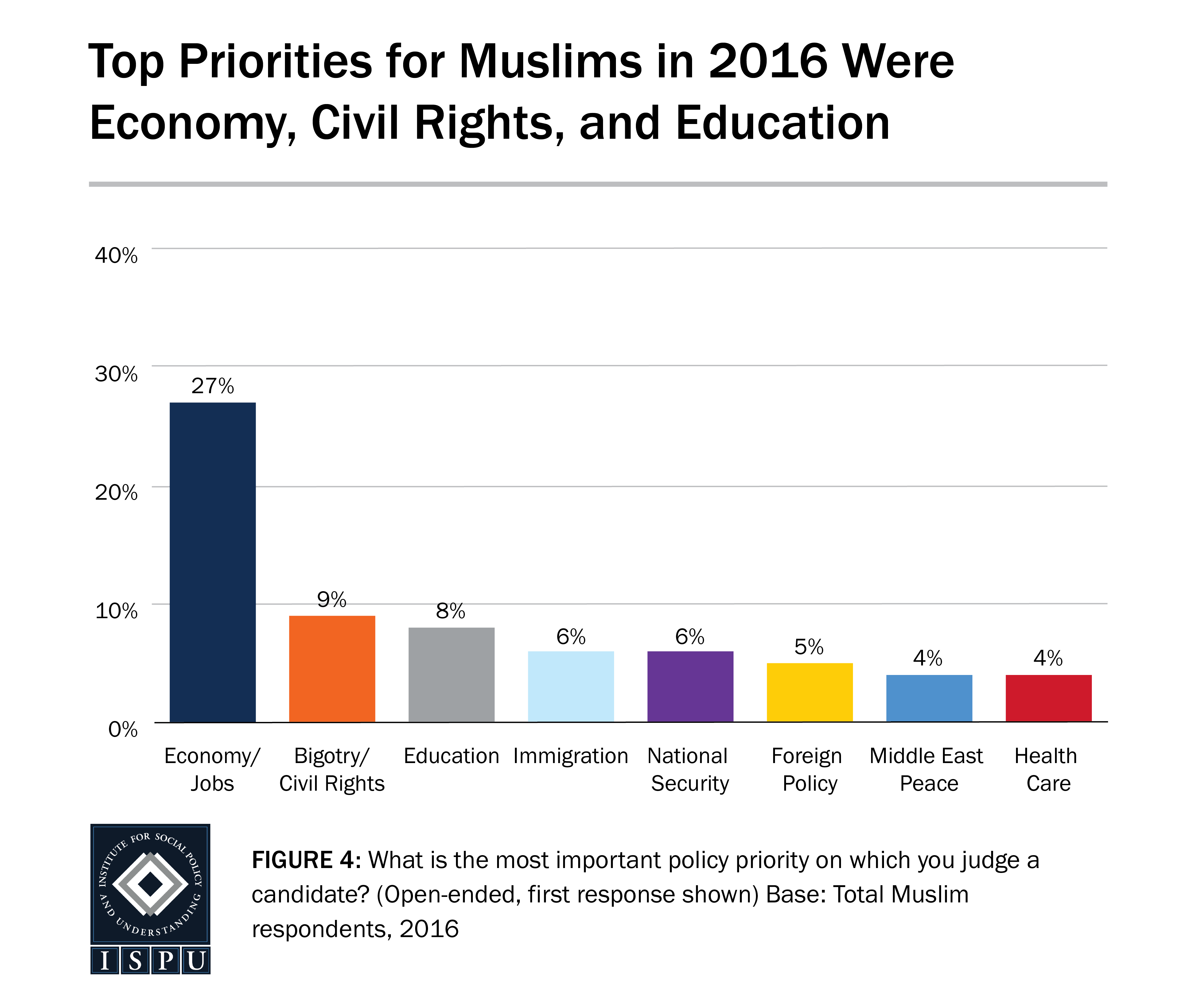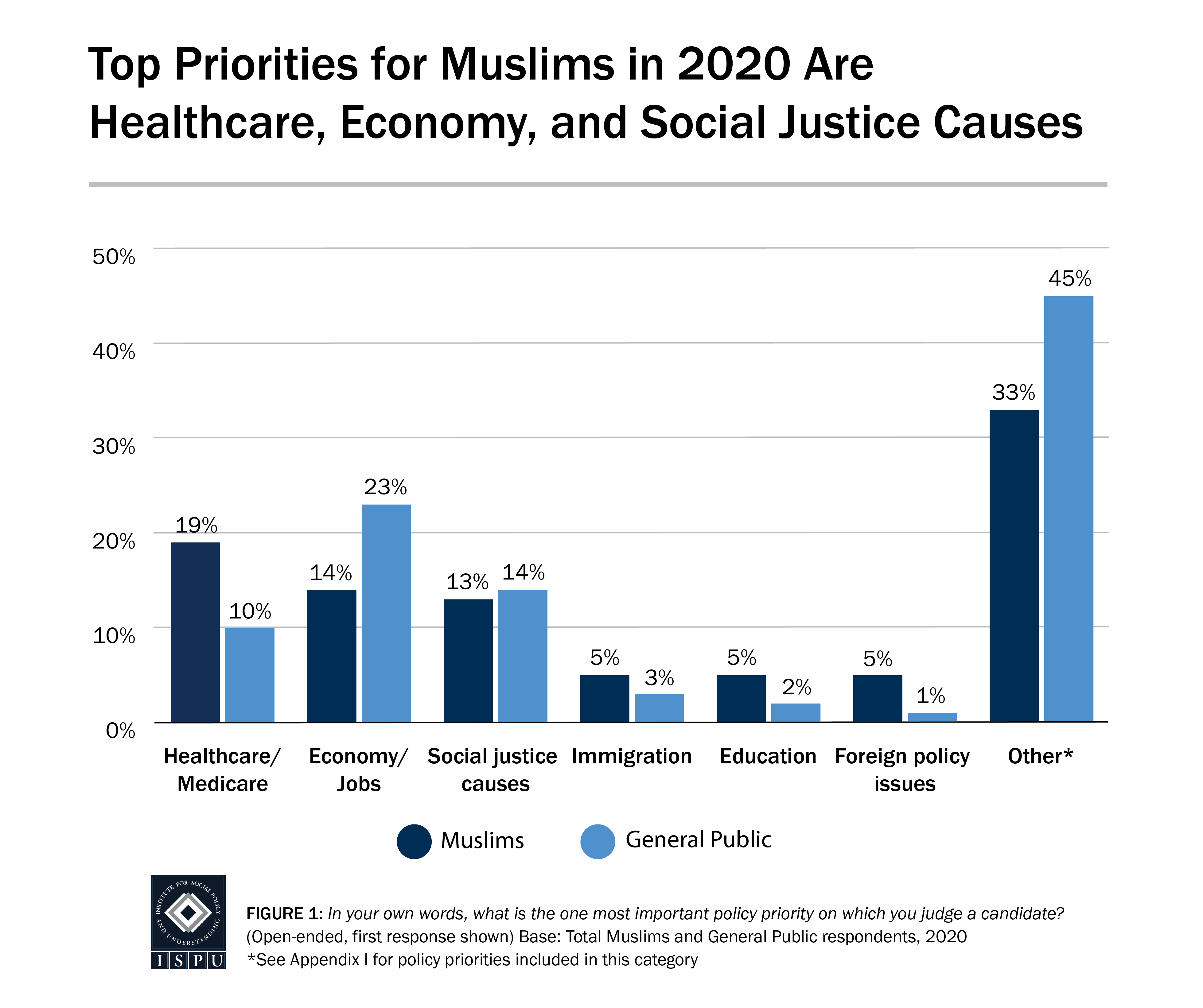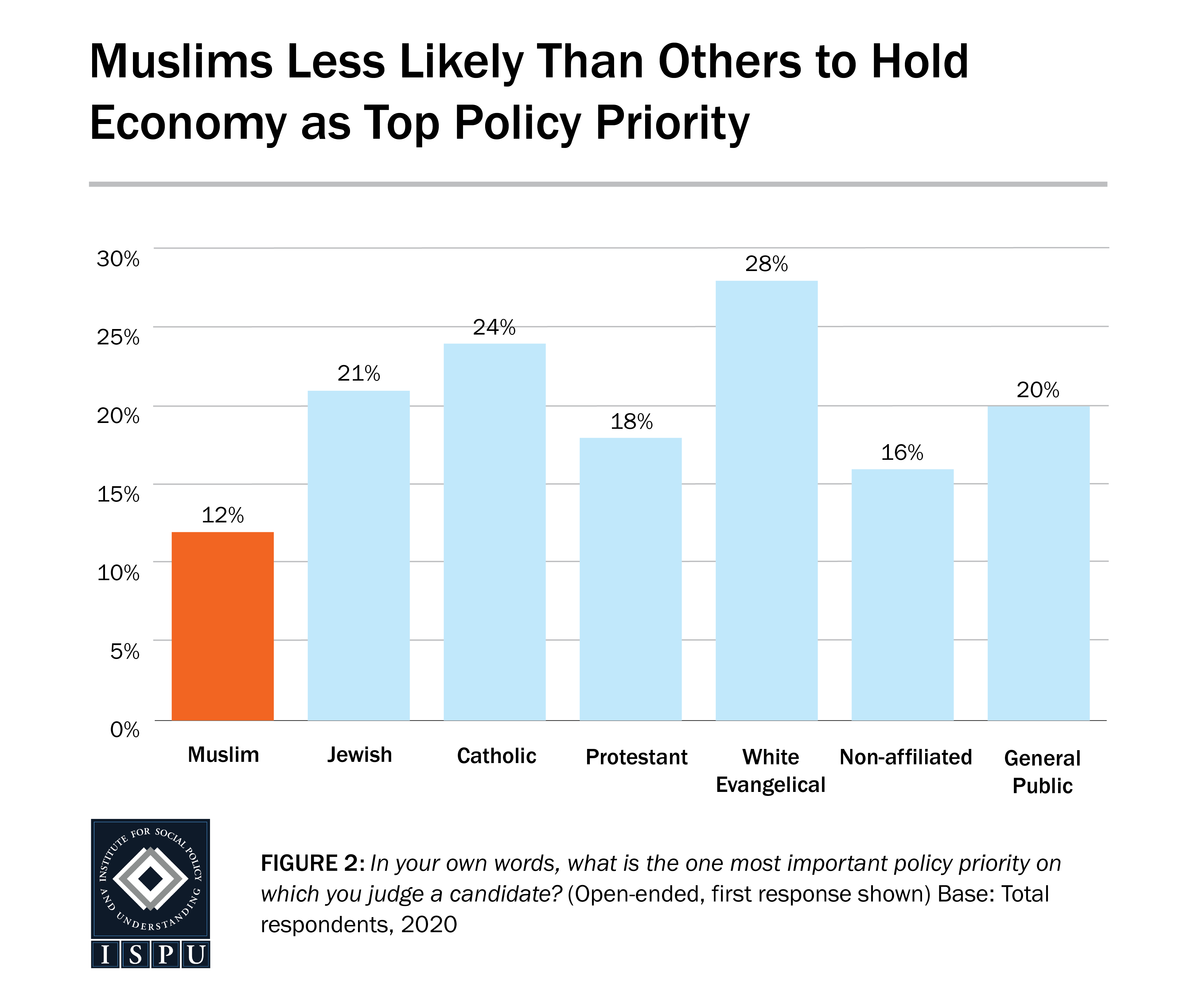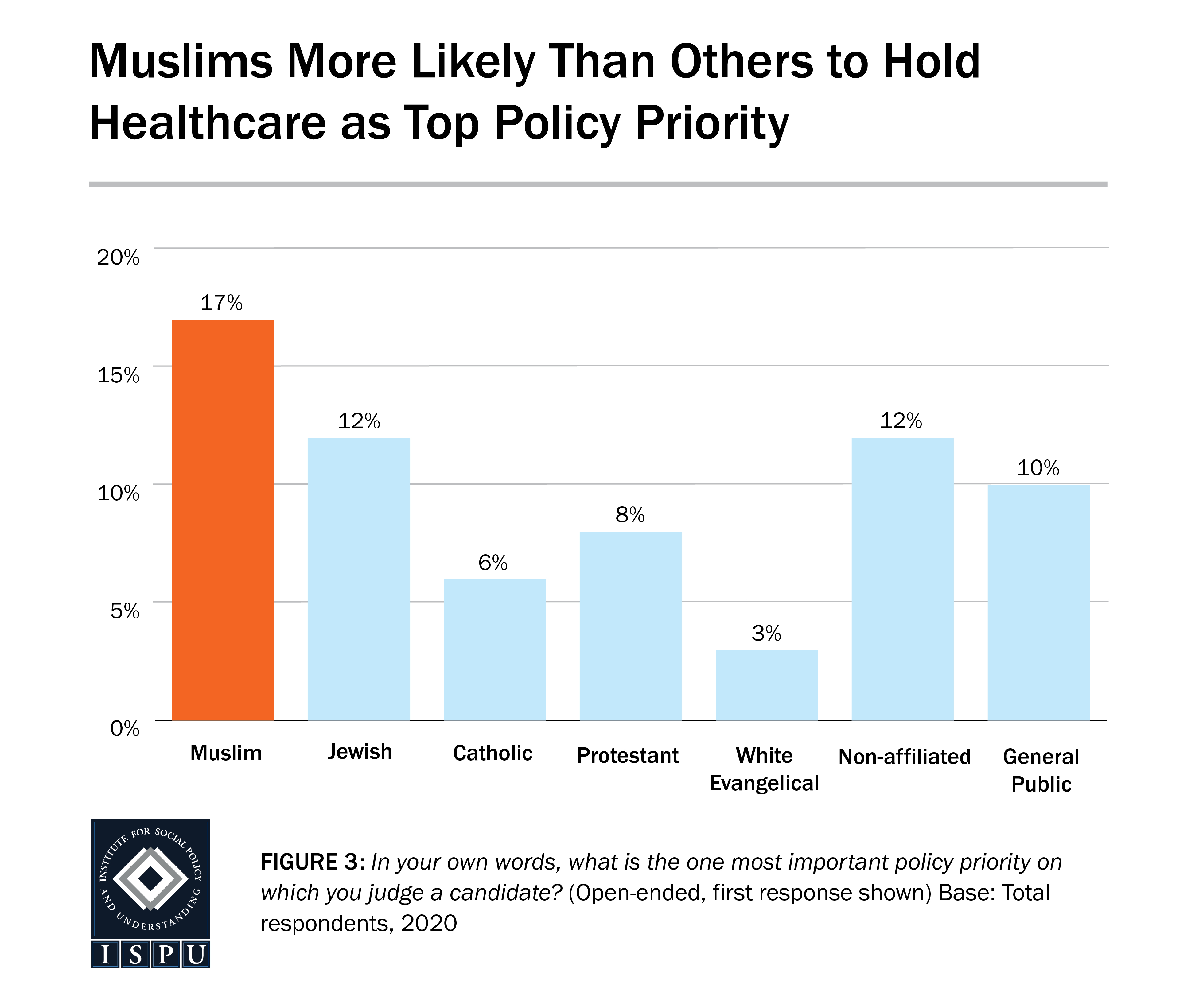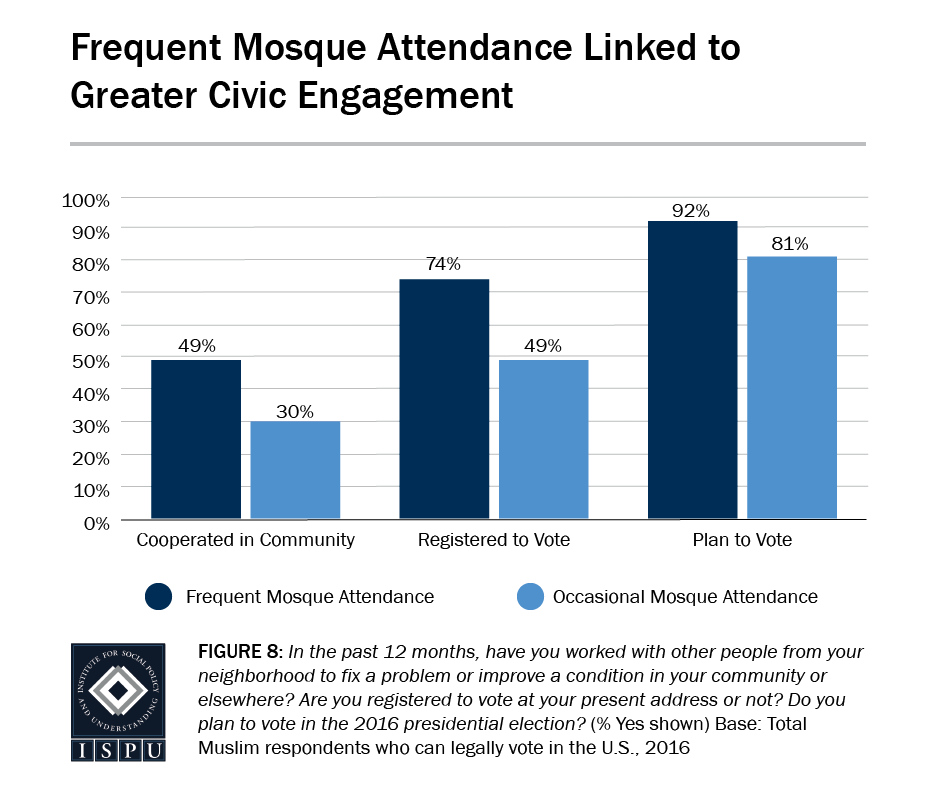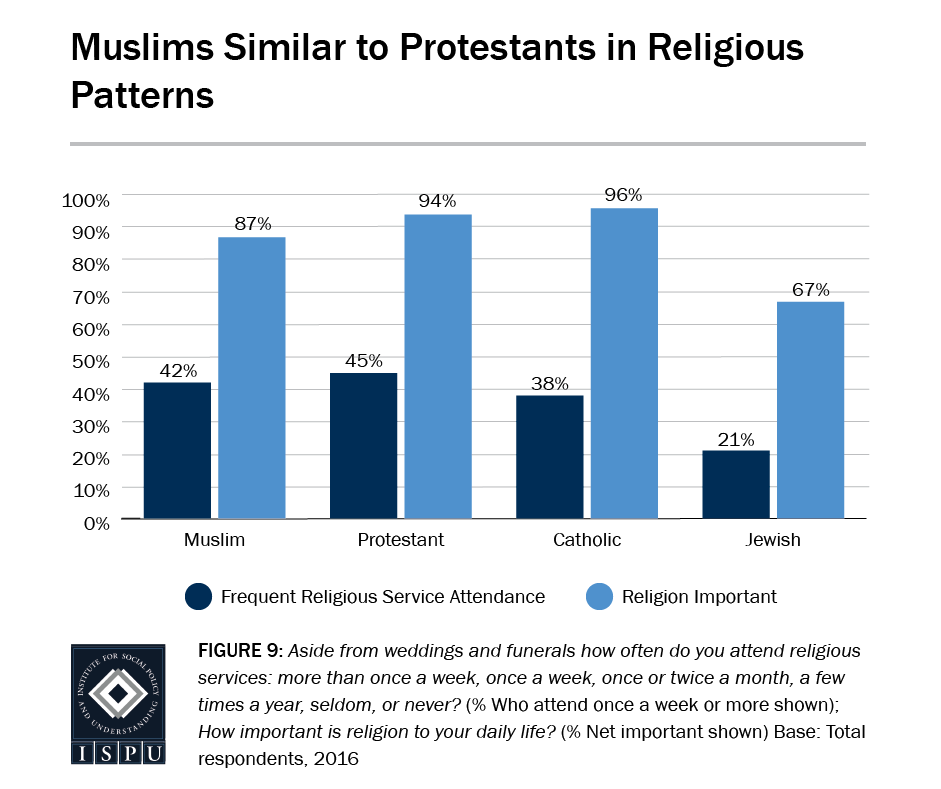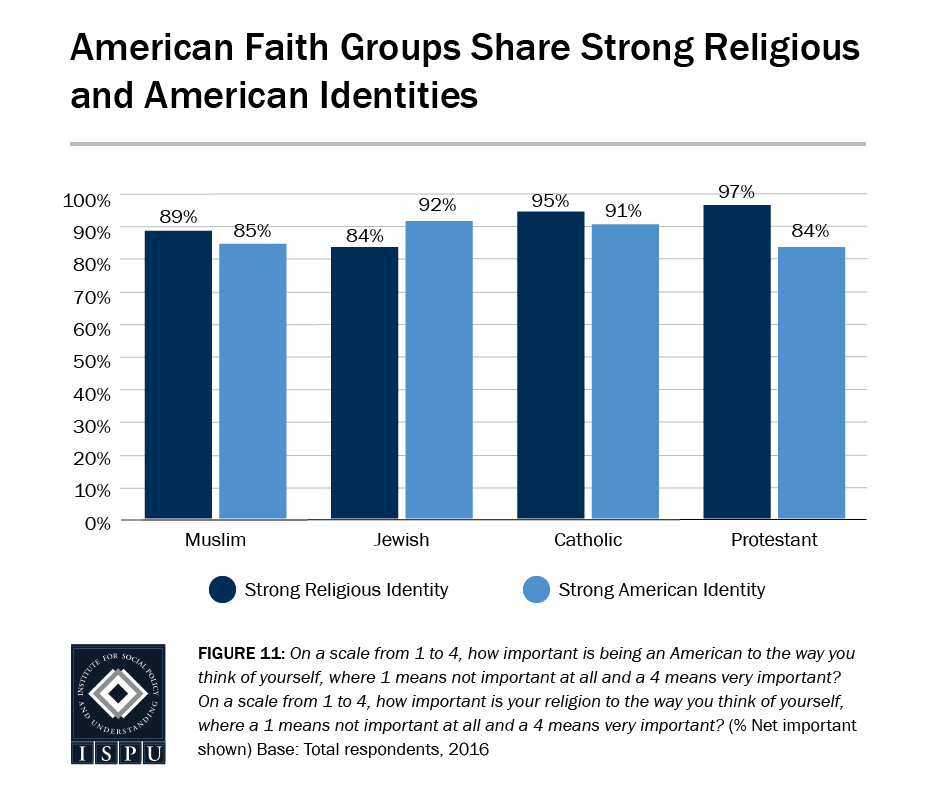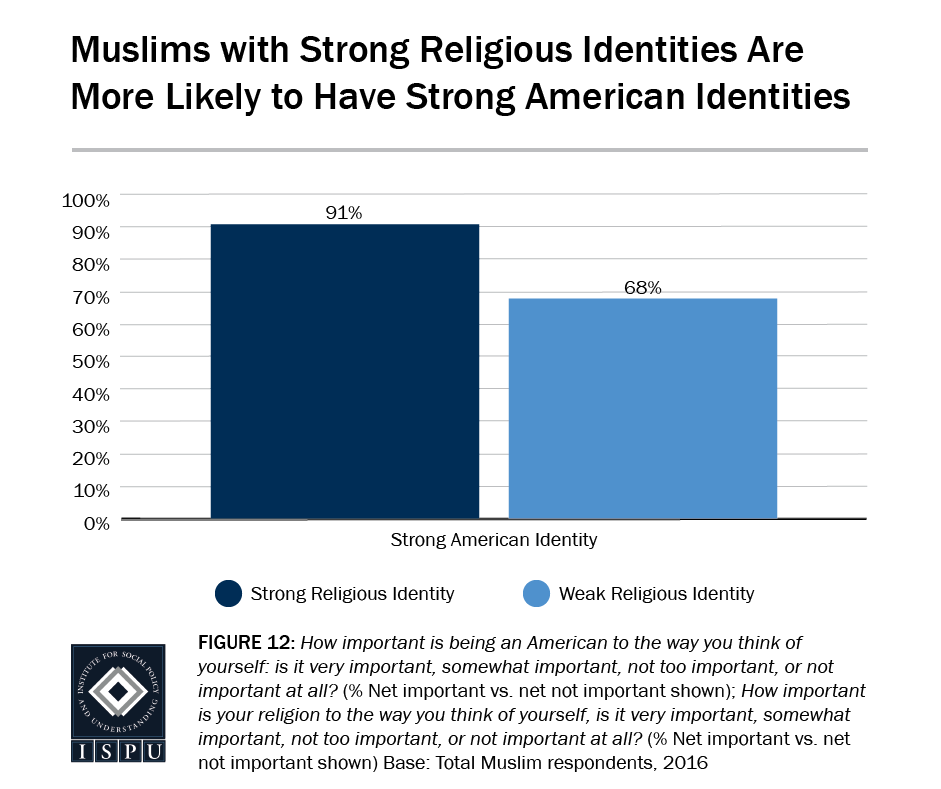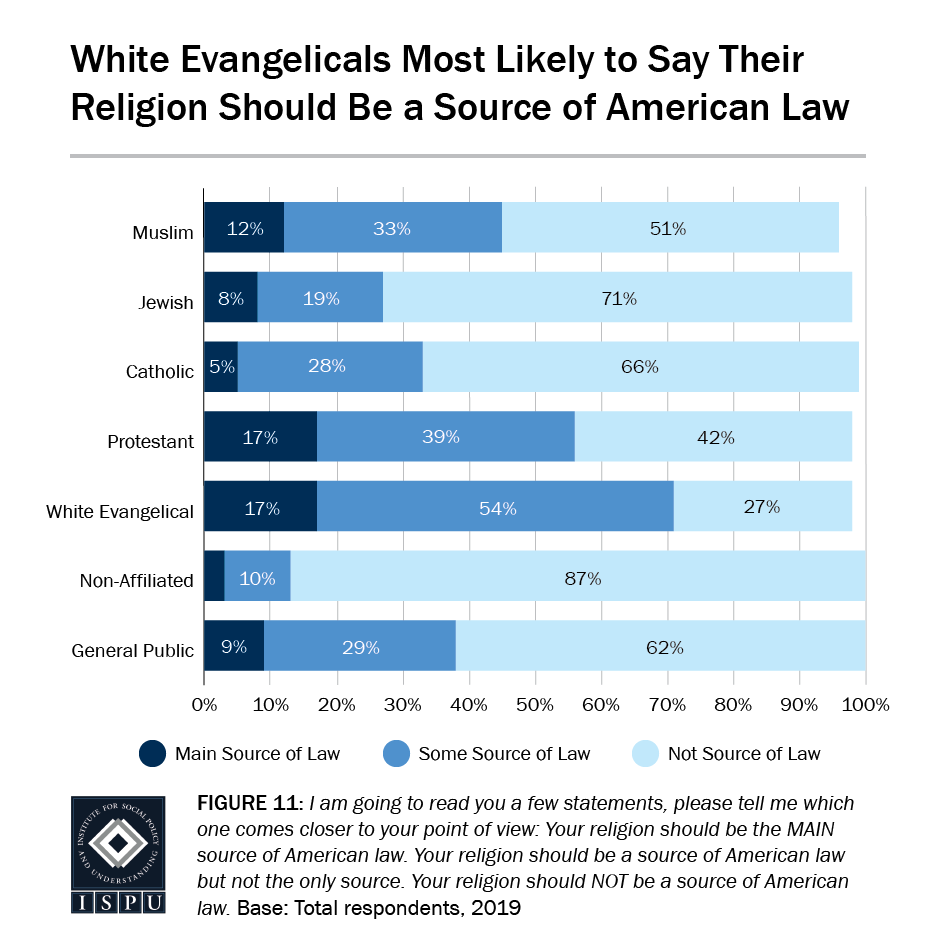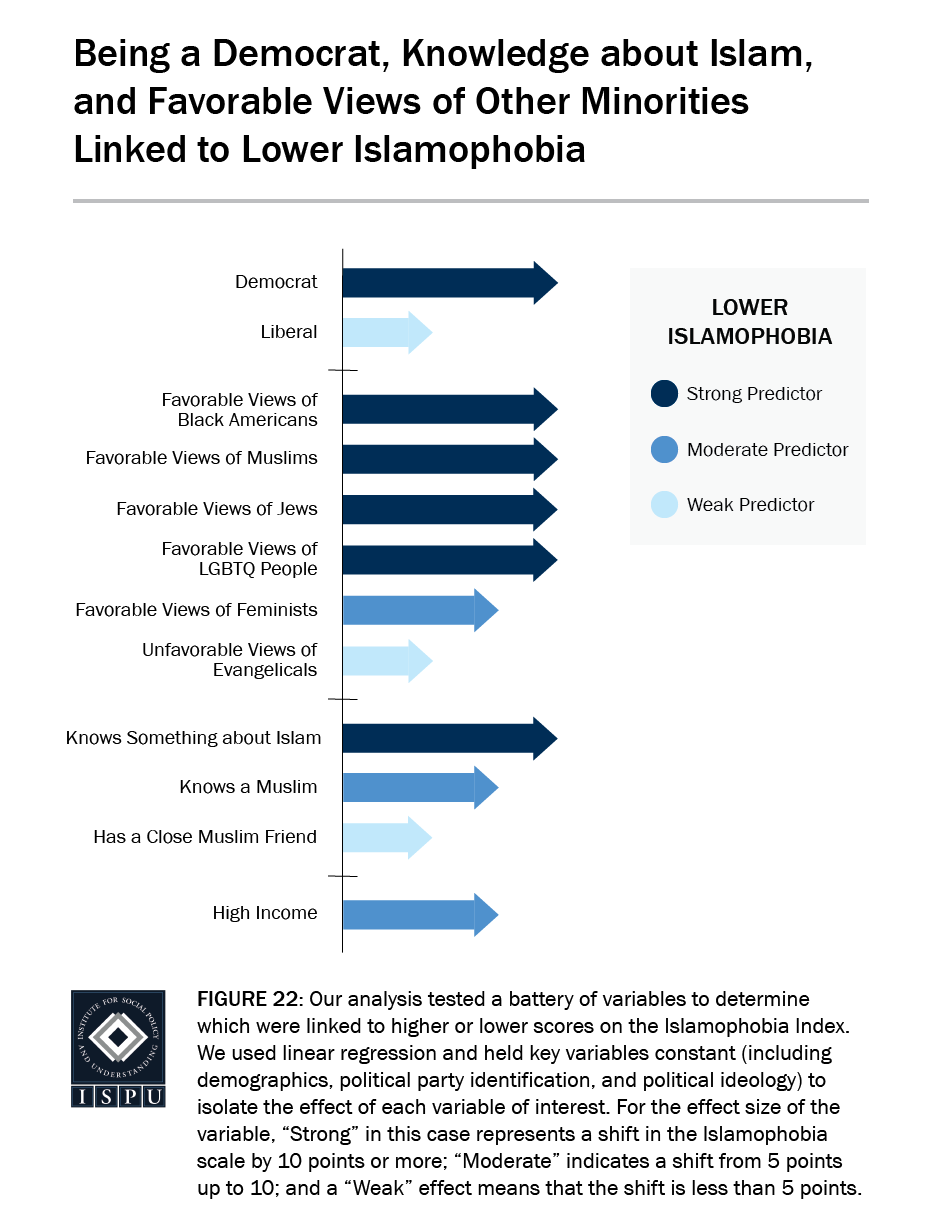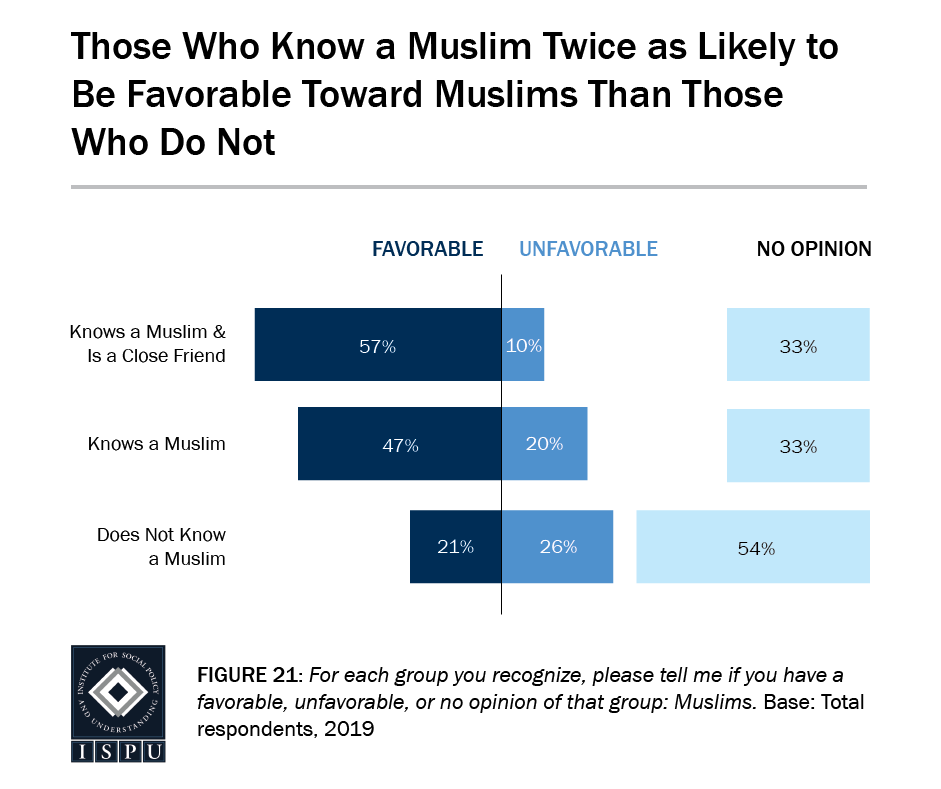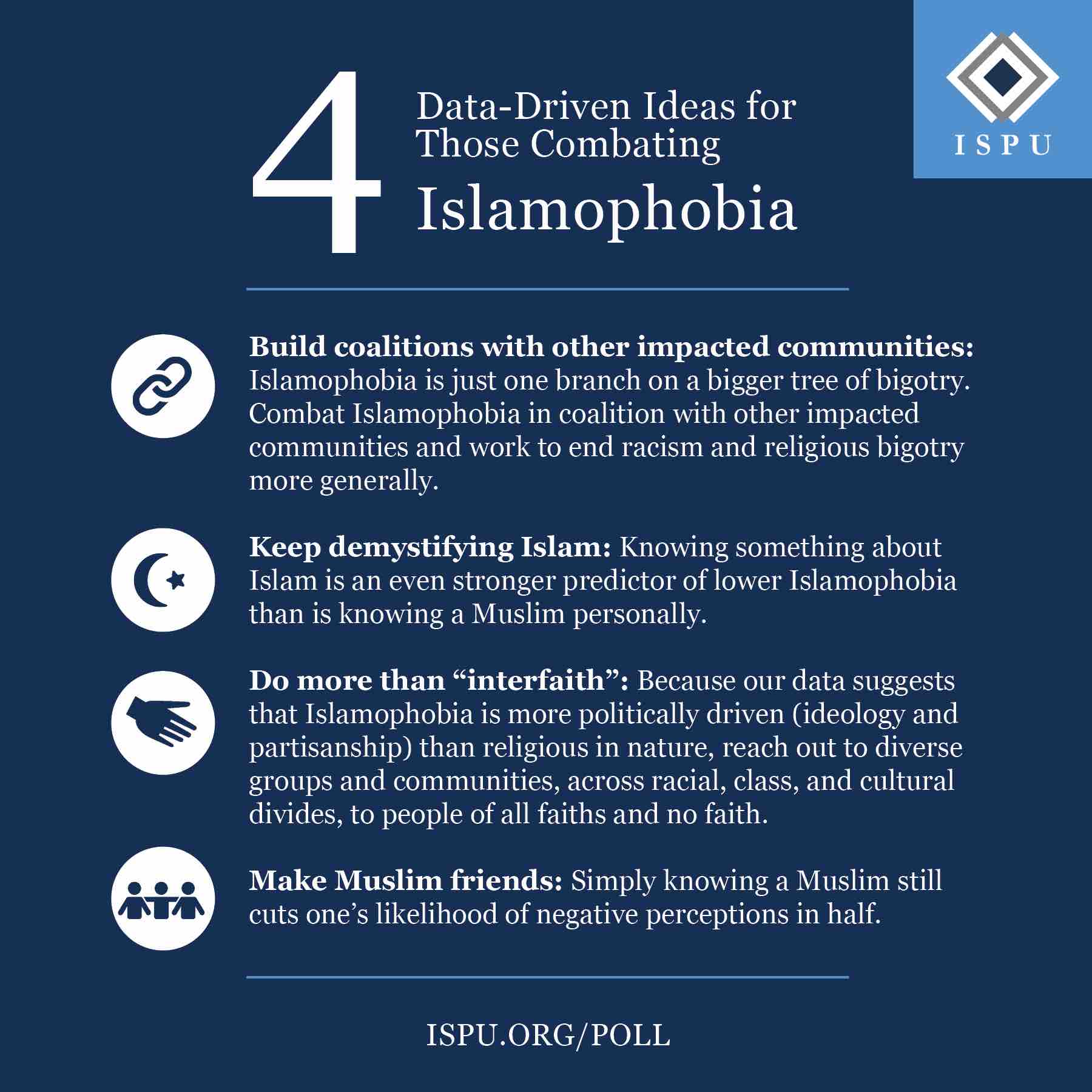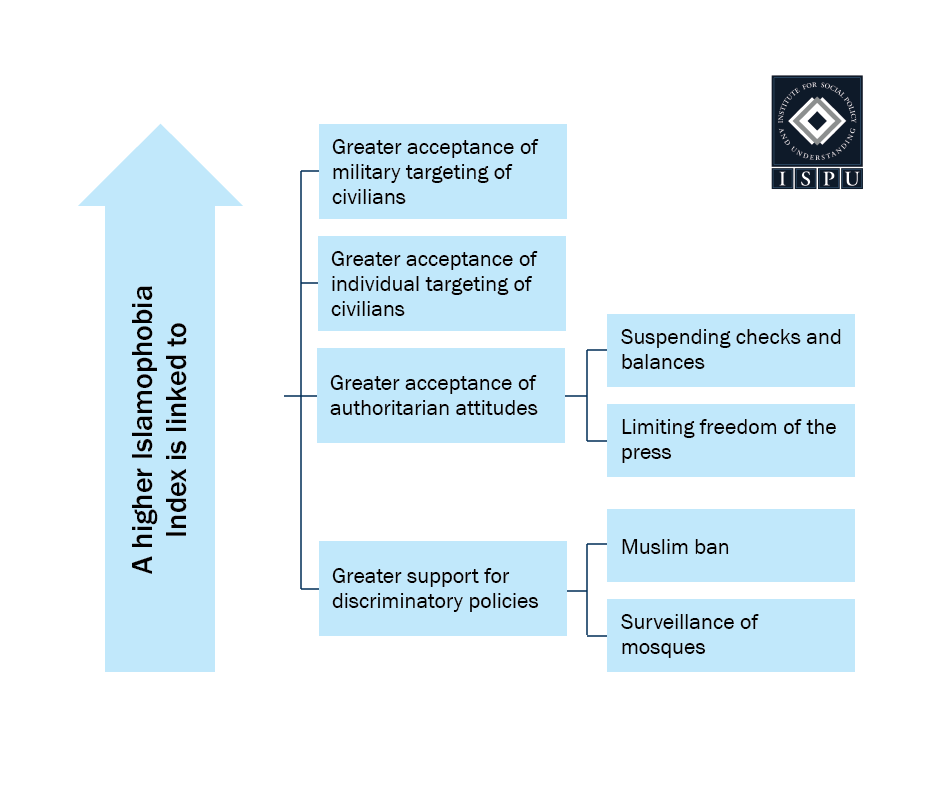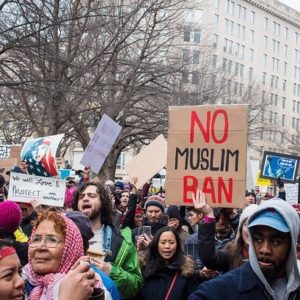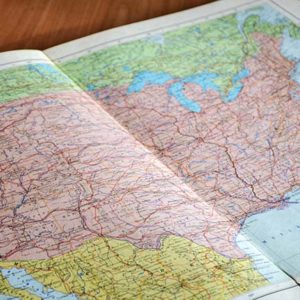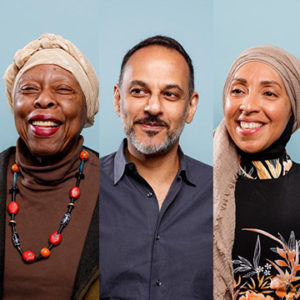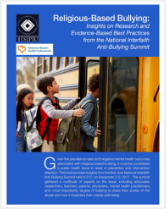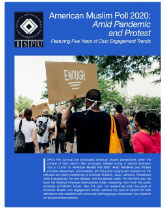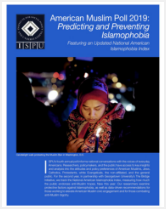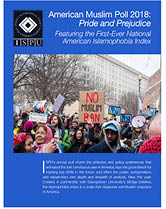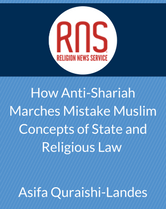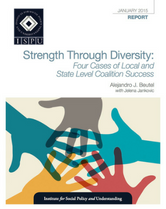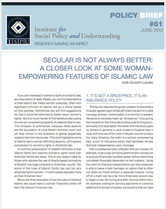In today’s climate of division, the work of outreach educators who inform the public about American Muslims is vital to unity and pluralism in the United States. This toolkit offers those of all faiths and no faith working to educate their communities about Americans who are Muslim resources to strengthen their work. On this page, you’ll find educational handouts and videos, relevant research, and useful reports and articles to empower you take what you learn and share that knowledge with those who need it most.
Please reach out to us at info@ispu.org with questions and to let us know how you are using this toolkit.
American Muslims 101
Resources for Interfaith Leaders, Community Educators + Allies
In today’s climate of division, the work of outreach educators who inform the public about American Muslims is vital to unity and pluralism in the United States. This toolkit offers those of all faiths and no faith working to educate their communities about Americans who are Muslim resources to strengthen their work. On this page, you’ll find educational handouts and videos, relevant research, and useful reports and articles to empower you take what you learn and share that knowledge with those who need it most.
Please reach out to us at info@ispu.org with questions and to let us know how you are using this toolkit.
Presenting on American Muslims
Giving a presentation on American Muslims? Here are our “Who Are American Muslims?” slides, filled with relevant data and ready for you to use.
Educational Handouts
Dive into the Data
The graphs and graphics below show important findings from our 2016, 2017, 2018, 2019, and 2020 American Muslim Poll.
DEMOGRAPHICS
DISPARITIES
AMERICAN ATTITUDES
DIVORCE
MUSLIM WOMEN
POLICY PRIORITIES
FAITH + IDENTITY
ISLAMOPHOBIA
Videos
Islamophobia is pervasive and intensely damaging, but it can be combated, and ISPU’s data can show you how. Watch this video for four data-driven ways to combat Islamophobia.
The data from ISPU’s American Muslim Poll 2018 showed that most Americans want to live in a country free from bigotry against Muslims. But Islamophobia does exist in the margins—and it’s bad for everybody.
When you hear “Muslim women,” what do you think of? Here’s what the data from ISPU’s American Muslim Poll 2017 says.
What would an America without Muslims look like? Watch this video based on ISPU’s Muslims for American Progress (MAP) project to learn more.
How well do you know American Muslims? These facts from ISPU’s American Muslim Poll 2016 just might surprise you.
What is Islamophobia? Why is there so much of it? And how does it impact all of us? ISPU Director of Research Dalia Mogahed answers these questions.
Back to the Basics
American Muslim Poll
This annual poll measures attitudes and policy preferences that impact the lives of American Muslims, including results from Catholics, Protestants, Jews, white Evangelicals, and the non-affiliated. These findings provide empirical evidence that can be used to respond to stereotypes about American Muslims.
Restrictive Measures Map
This interactive map uses data from over 3100 bills across all 50 states to track which state lawmakers supported legislation targeting reproductive rights, voting rights, refugees, Muslims, and more. The analysis found that the same legislators who target Muslims also often support laws that harm other marginalized groups.
Muslims for American Progress
Today, issues surrounding American Muslims are central in our political discourse and popular culture. Yet most Americans say they don’t know a Muslim. The Muslims for American Progress (MAP) project provides a much-needed, evidence-based portrait of a deeply misunderstood community.
Black Muslim Experiences
From independence to abolition, the Civil Rights Movement to the current movement for Black Lives, Black Muslim history is defined by resilience and struggle. This page highlights Black Muslim experiences that are too often ignored.
Community in the Time of Corona
This study serves as a living document, recording the story of American Muslim impact during the time of COVID-19. ISPU collected survey responses from across the country and created an interactive map sorted by state and category.
Journalists Toolkit
The role of the media in informing the public has never been more important, especially when it comes to marginalized communities. At the same time, journalists are constantly asked to cover more and more, with less resources. ISPU created this guide to help media professionals cover Muslims objectively and creatively.
Other Useful Reading
Religious-Based Bullying: Insights on Research and Evidence-Based Best Practices from the National Interfaith Anti-Bullying Summit
Given the prevalence rates and negative mental hea
05 February, 2021American Muslim Poll 2020: Full Report
This year’s American Muslim Poll, the fifth annual
01 October, 2020American Muslim Poll 2020: Key Findings
This is a summary of the major findings of ISPU’s
01 October, 2020American Muslim Poll 2019: Key Findings
This is a summary of the key findings of ISPU̵
29 April, 2019American Muslim Poll 2019: Full Report
Returning for its fourth year, ISPU’s annual poll
29 April, 2019American Muslim Poll 2018: Full Report
ISPU’s annual poll returns for a third year
30 April, 2018How Anti-Shariah Marches Mistake Muslim Concepts of State and Religious Law
On Saturday (June 10), Marches Against Sharia are
08 June, 2017Full Report | Strength Through Diversity: Four Cases of Local and State Level Coalition Success
Since 9/11, the public spotlight on American Musli
01 January, 2015Secular Is Not Always Better: A Closer Look at Some Women-Empowering Features of Islamic Law
If you are interested in women’s rights and Islami
19 June, 2013Why We Must Learn America’s Islamic History
“In 1492, Columbus sailed the ocean blueR
25 January, 2012


